CURRICULUM
Montessori and Waldorf curriculums are designed to provide children with hands-on learning experiences that encourage exploration, creativity, and independence. At our daycare, we incorporate elements of both of these approaches into our daily activities to create a well-rounded educational experience for your child.
In our Montessori-based activities, children are encouraged to work independently on tasks that are tailored to their individual abilities and interests. Our classroom is set up with materials that allow children to learn through discovery and exploration, rather than being directed by a teacher. Activities may include practical life skills, such as pouring and sorting, as well as language and math exercises. We also incorporate sensory play, such as sand and water tables, to engage children's senses and promote their development.
In our Waldorf-inspired activities, children are given opportunities to engage with nature, art, and music. We provide ample time for outdoor play, where children can explore the natural world and learn about the environment around them. We also incorporate artistic activities, such as painting, drawing, and modeling with natural materials like clay and wood. Music is an important part of our curriculum, and children have the opportunity to sing, play instruments, and dance to develop their rhythm and coordination.
Overall, our Montessori and Waldorf-inspired activities are designed to foster creativity, independence, and a love of learning in your child. We believe that by providing a diverse range of activities that cater to your child's individual needs and interests, we can create a well-rounded educational experience that sets them up for success in the future.
Leo is one of the students of MILA MA who has mastered the alphabet at 20 months.
TOY BASED LEARNING
With play as the vehicle of learning, toys are an integral part of the developmental process. At MILA MA, we prioritize wooden toys for young children's playtime as much as possible. We believe that wooden toys are more natural, safer, and healthier for young children than plastic toys. Wooden toys have a natural feel and texture that encourages children to explore the world with their senses. They also encourage imaginative and creative play, as children can use their imagination to transform wooden toys into different things.
We specifically invest in MontiKids toys because they align with our philosophy of natural, safe, and healthy play. MontiKids toys are made from high-quality, sustainable materials and are designed with a focus on child development. Each toy is carefully crafted to provide multiple opportunities for exploration and learning, and they grow with the child as they develop new skills and abilities.
We also aim to foster an inclination for sharing with others and encourage group playtime. We appreciate the importance of these early interactions to developing minds and view playtime as an opportunity to teach empathy, patience, and social skills.
For children 3-5, construction play and building is prioritized for its rich capacity to teach problem solving, draw connections, and be inquisitive. Construction play uses open-ended materials and allows children to be creative and think about the functions of the materials that they are using. The task of building and connecting shapes and objects stimulates a child’s mind and helps with self-confidence and independent learning.
Lastly, when it comes to toys we aim to instill a sense of caring and appreciation for them. Once play is concluded, children are taught to gather and put away the toys.
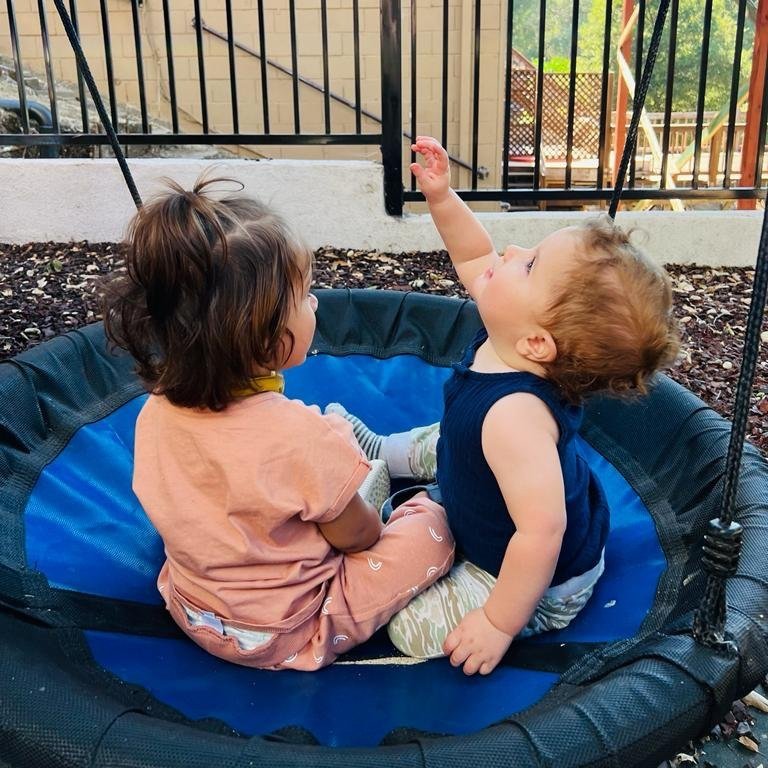
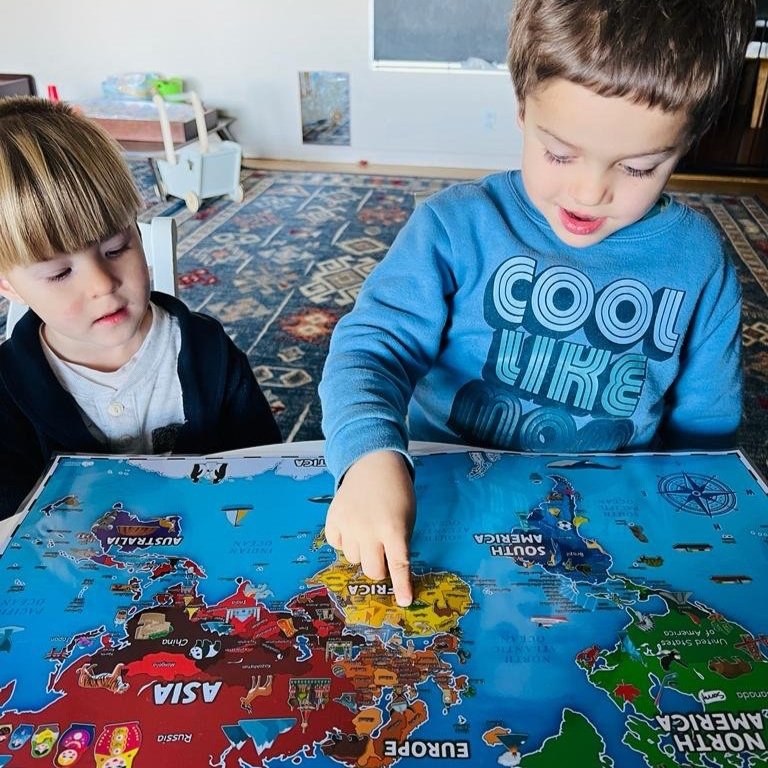
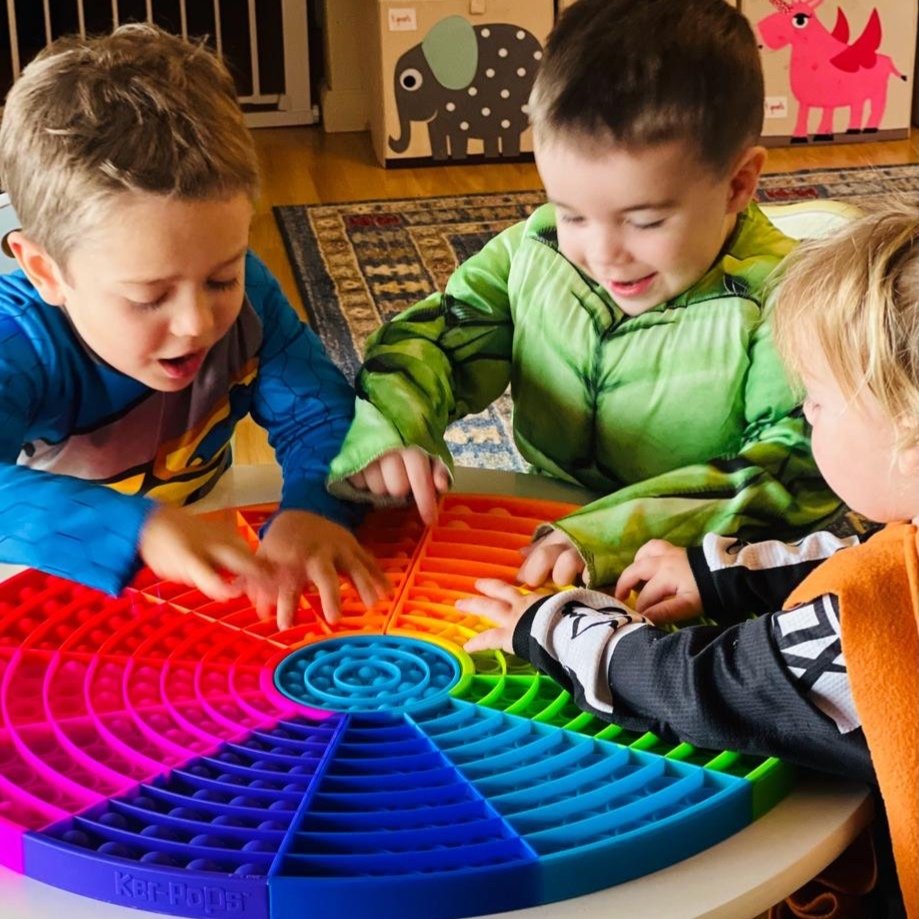
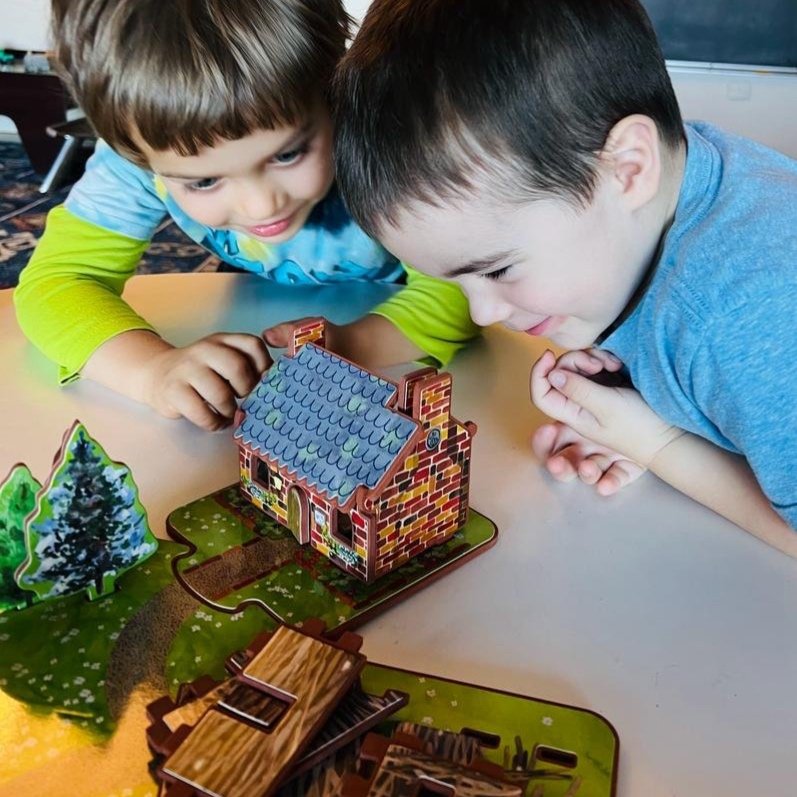
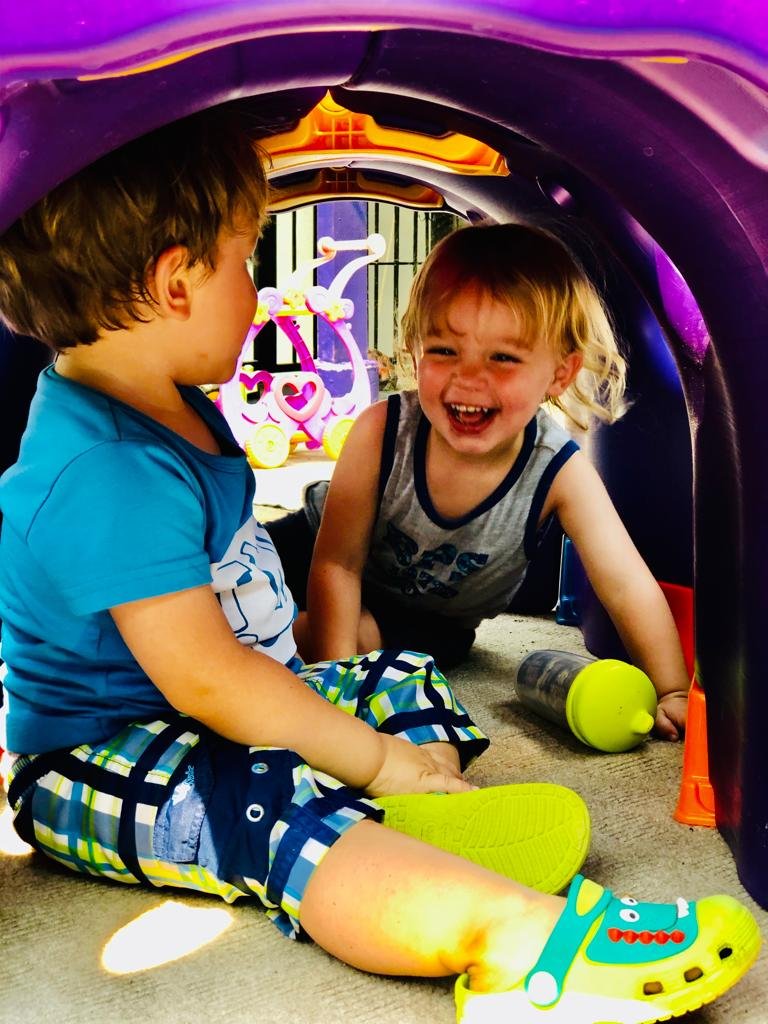
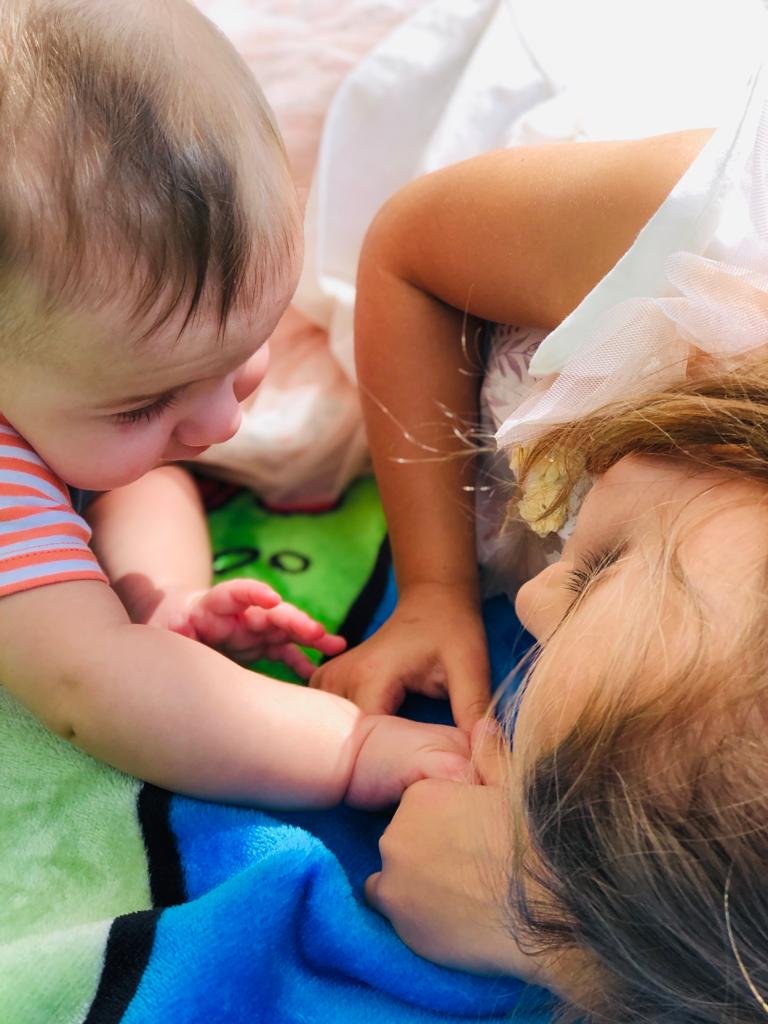
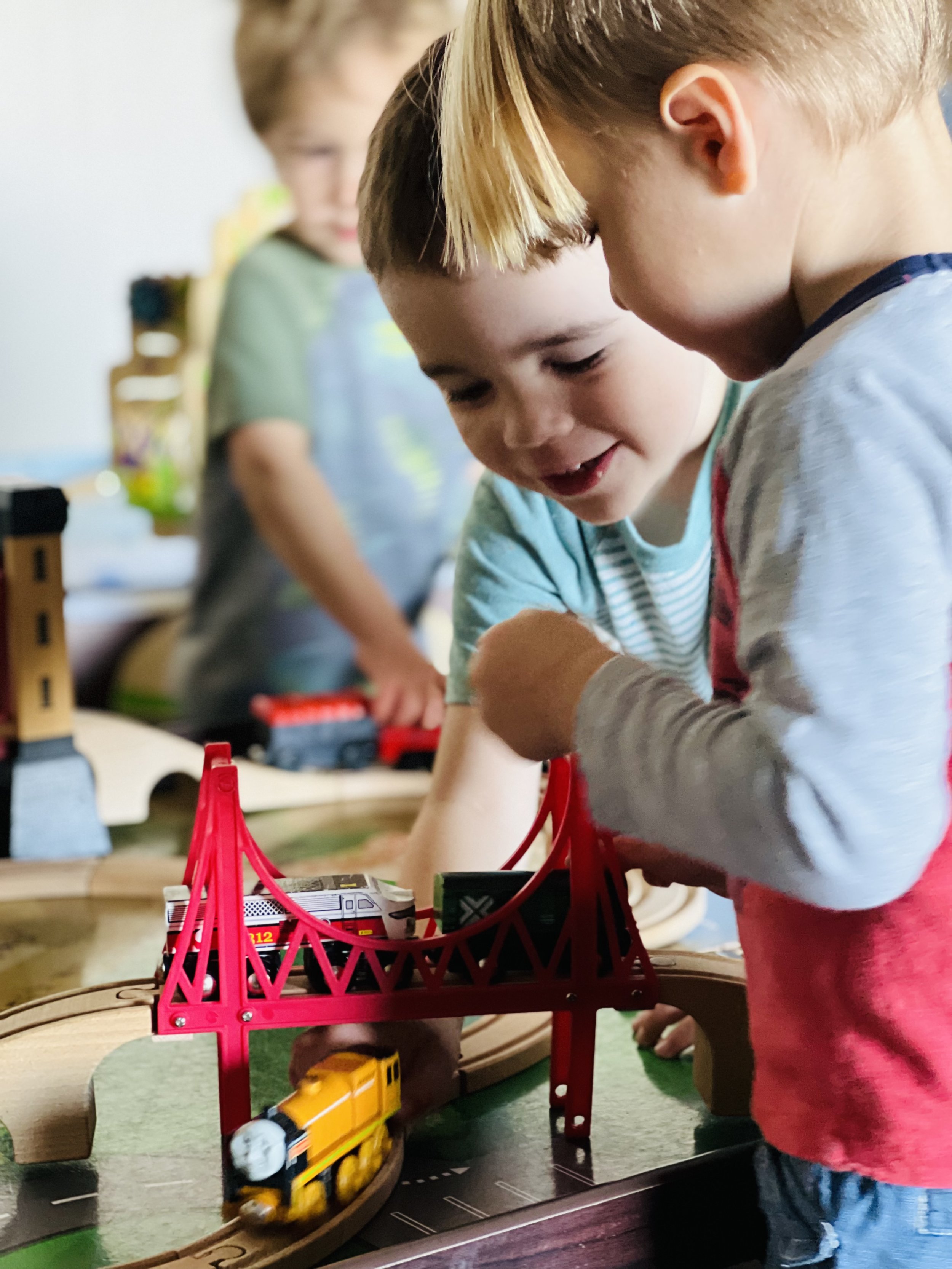
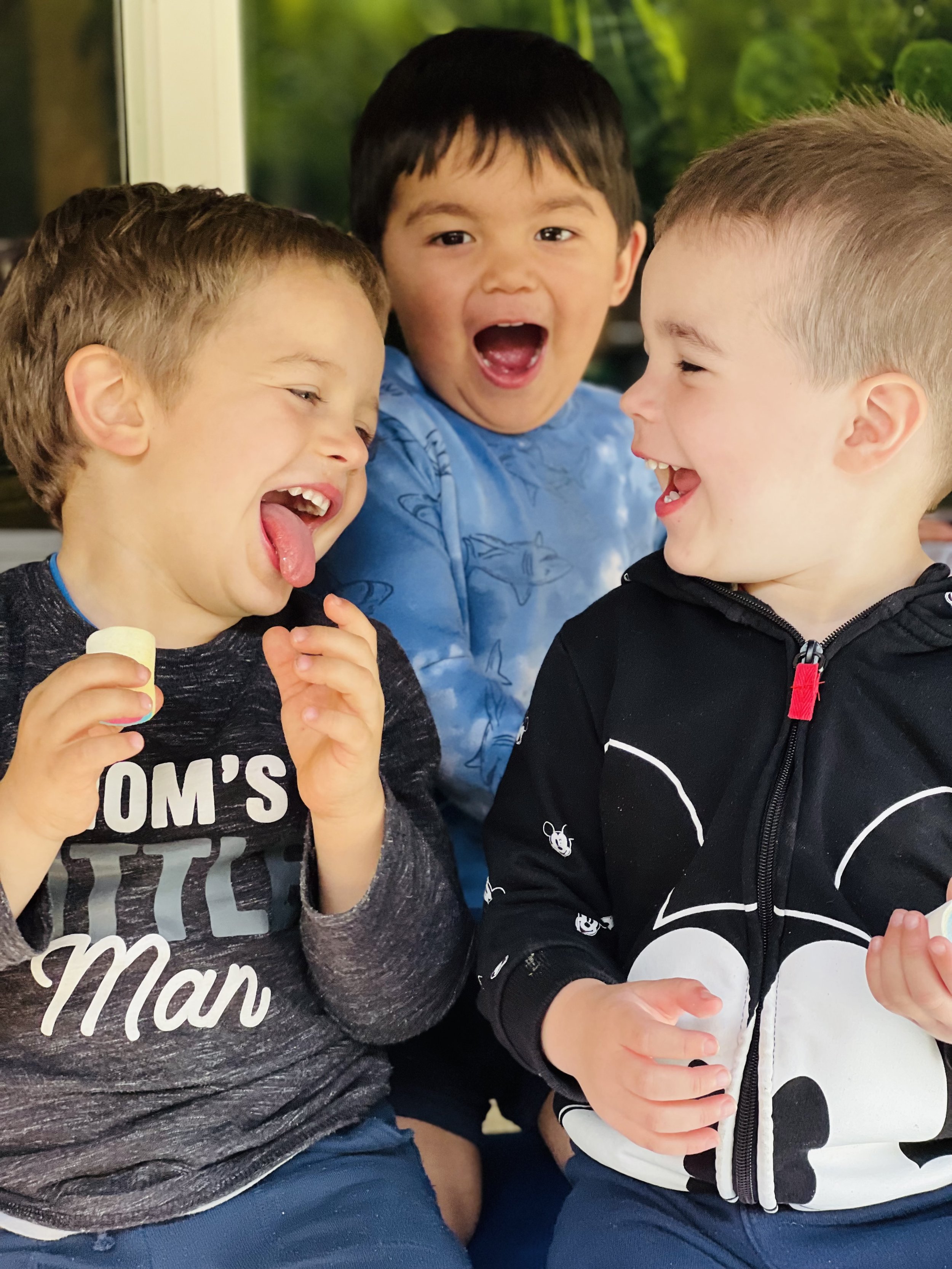
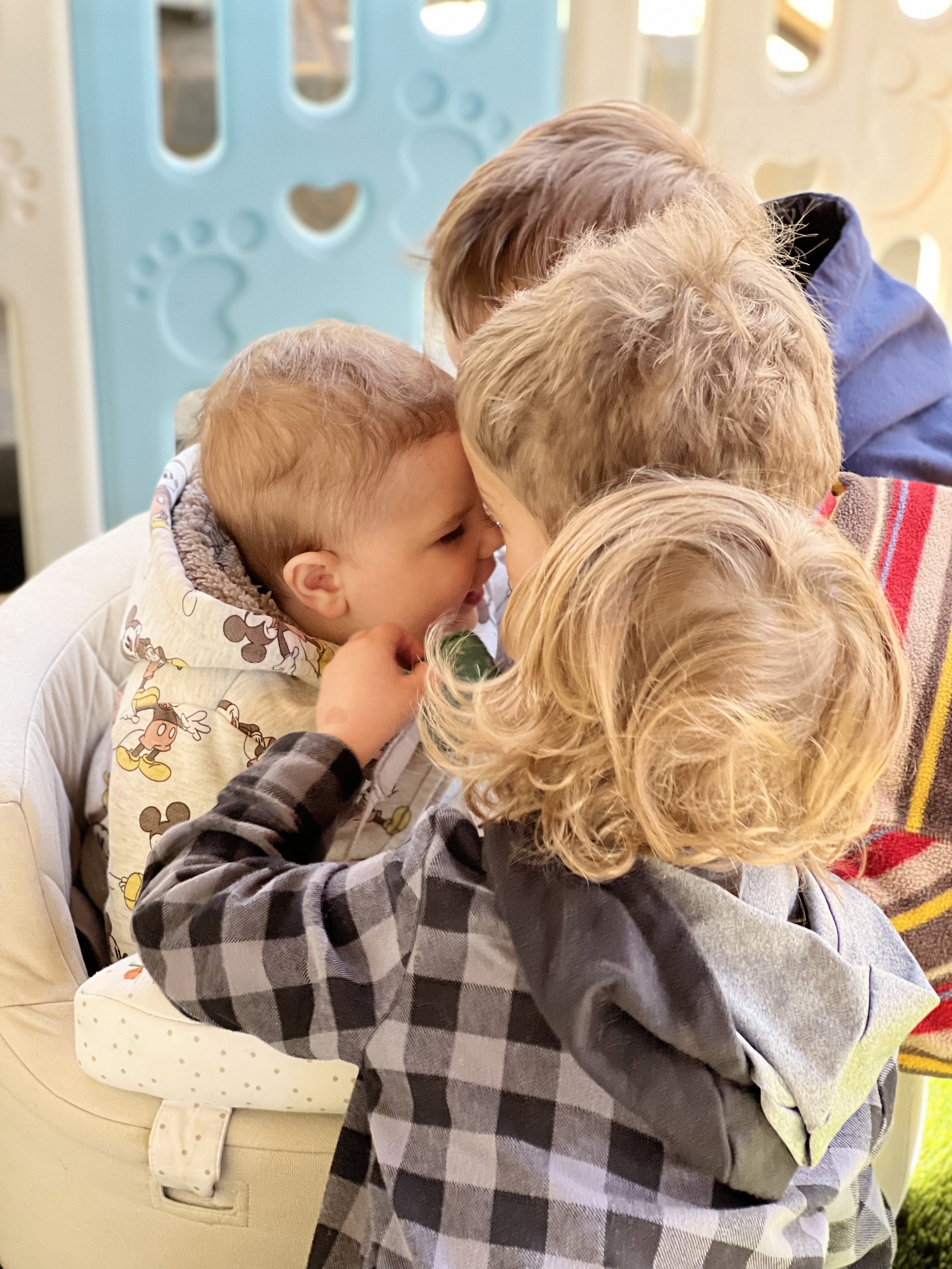
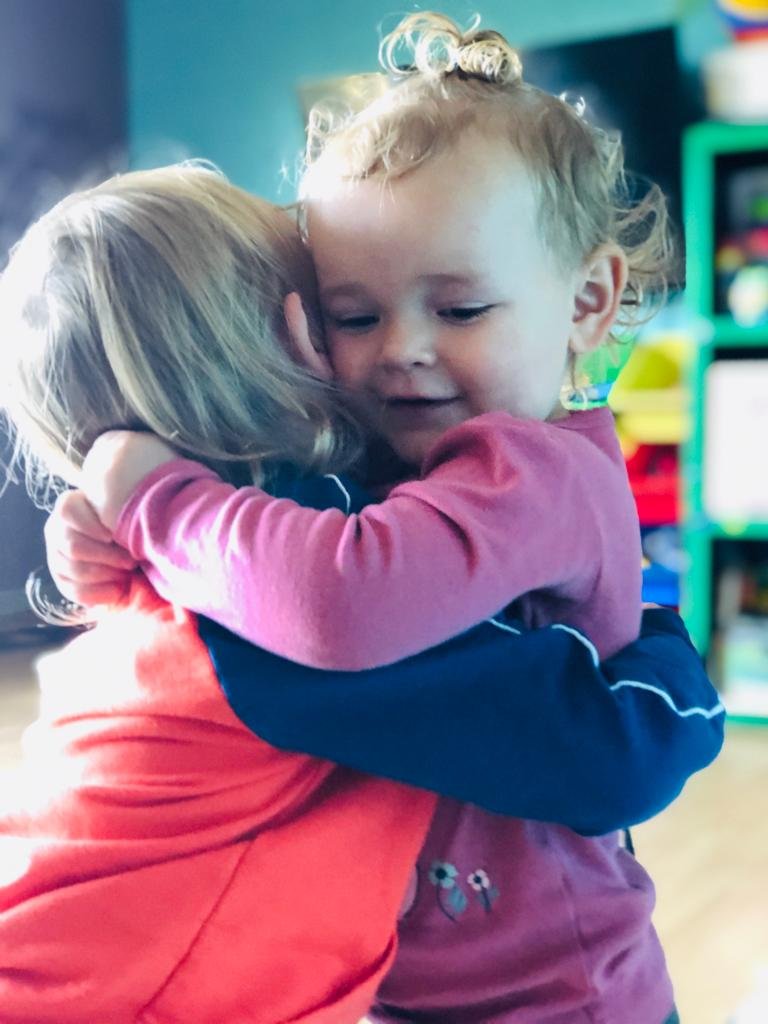
LEARNING THROUGH INTERACTION
MILA MA prioritizes human interaction as an essential component of fostering healthy child development. Young children are constantly learning and absorbing information from their surroundings. Human interaction plays a critical role in their learning and development. Through interactions with caregivers, parents, teachers, and peers, young children learn valuable skills such as communication, problem-solving, and emotional regulation. These skills are crucial for their long-term success in life.
When children interact with others, they learn to express themselves in a meaningful way, using words and gestures to communicate their needs and wants. Through these interactions, children learn to understand the perspectives of others and develop empathy. They also learn important social skills, such as turn-taking, sharing, and collaboration.
Human interaction also provides young children with a sense of security and belonging. By building positive relationships with adults and peers, children develop a sense of trust and feel safe exploring their environment. This helps children to become more independent and self-assured, as they are more willing to take risks and try new things.
In addition to the social and emotional benefits, learning through human interaction also promotes cognitive development. When children interact with others, they are exposed to a variety of perspectives and ideas, which helps to expand their thinking and problem-solving skills. They learn to question and explore their surroundings, leading to deeper learning and understanding.
ARTS & CRAFTS
Learning Colors: We begin by teaching children to recognize and identify the 8 basic colors: red, orange, yellow, green, blue, purple, brown and black. We also teach how to recognize the natural color of different objects. This promotes various cognitive processes such as memory and recognition, as well as in developing their creativity and imagination.
Improving Motor Skills: When working on our art projects, children improve their fine motor skills by manipulating paintbrushes, markers and crayons.
Learning to Create: At MILA MA, we believe in providing children with ample tools and minimal guidance to encourage self-expression through art and stimulate their imagination.
COOKING LESSONS
Teaching young children the basics of cooking has many developmental benefits. Cooking helps children develop fine motor skills, hand-eye coordination, and even cognitive abilities such as counting and measuring. Children learn to follow directions and make decisions as they mix ingredients, taste different flavors, and smell aromas. Cooking can also help children learn about healthy food choices and develop a sense of independence and confidence in their abilities. Additionally, cooking can be a fun and engaging activity for children and can promote bonding between participants.
Every Friday at MILA MA is Stone-Soup day. In this activity, everyone comes together to make soup as a group, with each child contributing one or two ingredients to the pot. The activity promotes teamwork and collaboration, as well as introducing children to basic cooking skills and kitchen safety. It also encourages children to try new foods and experiment with different flavor combinations. As they work together, they develop important social and emotional skills, such as communication, cooperation, and empathy. Finally, eating the soup they made together reinforces the idea that sharing and working together can create something delicious and meaningful.
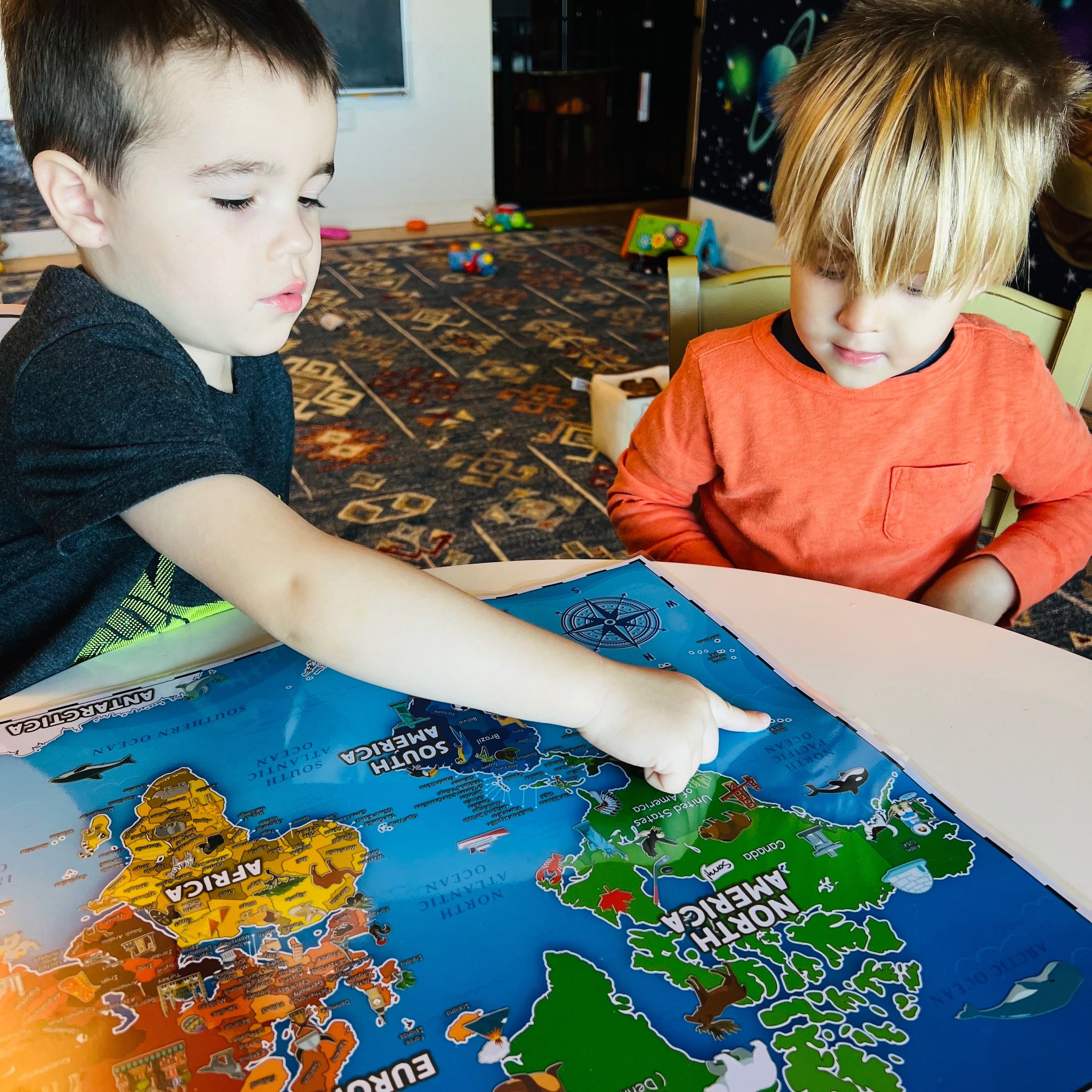
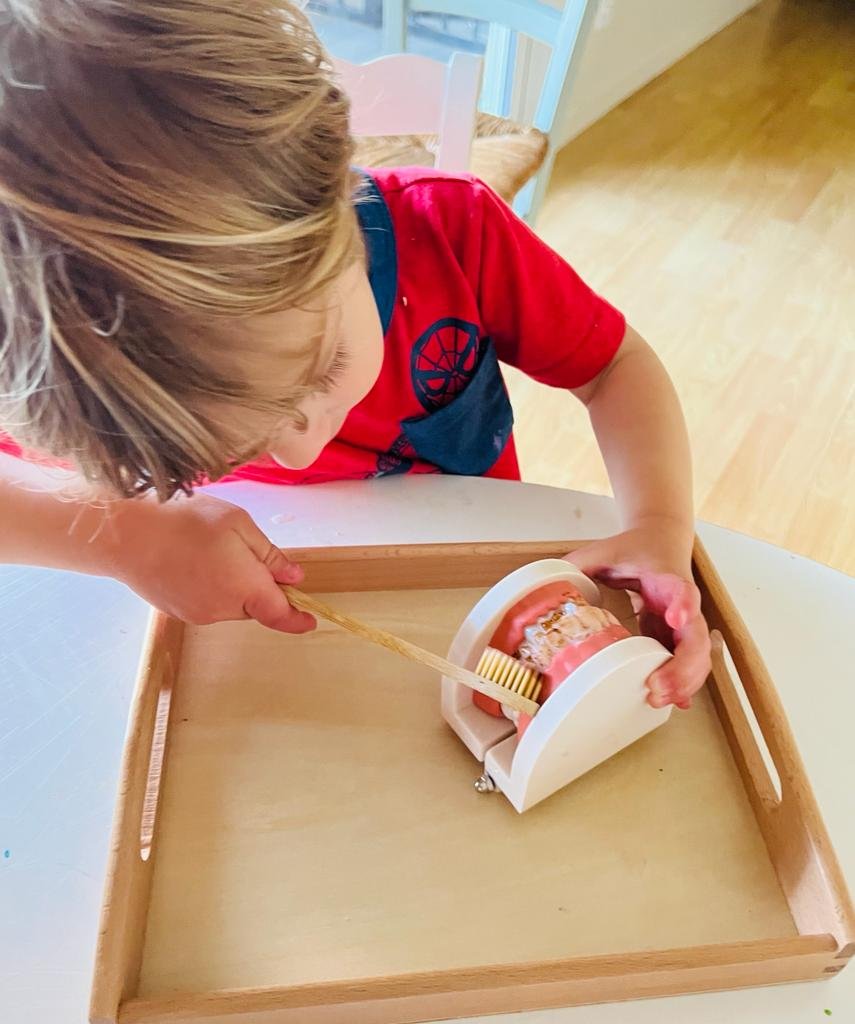
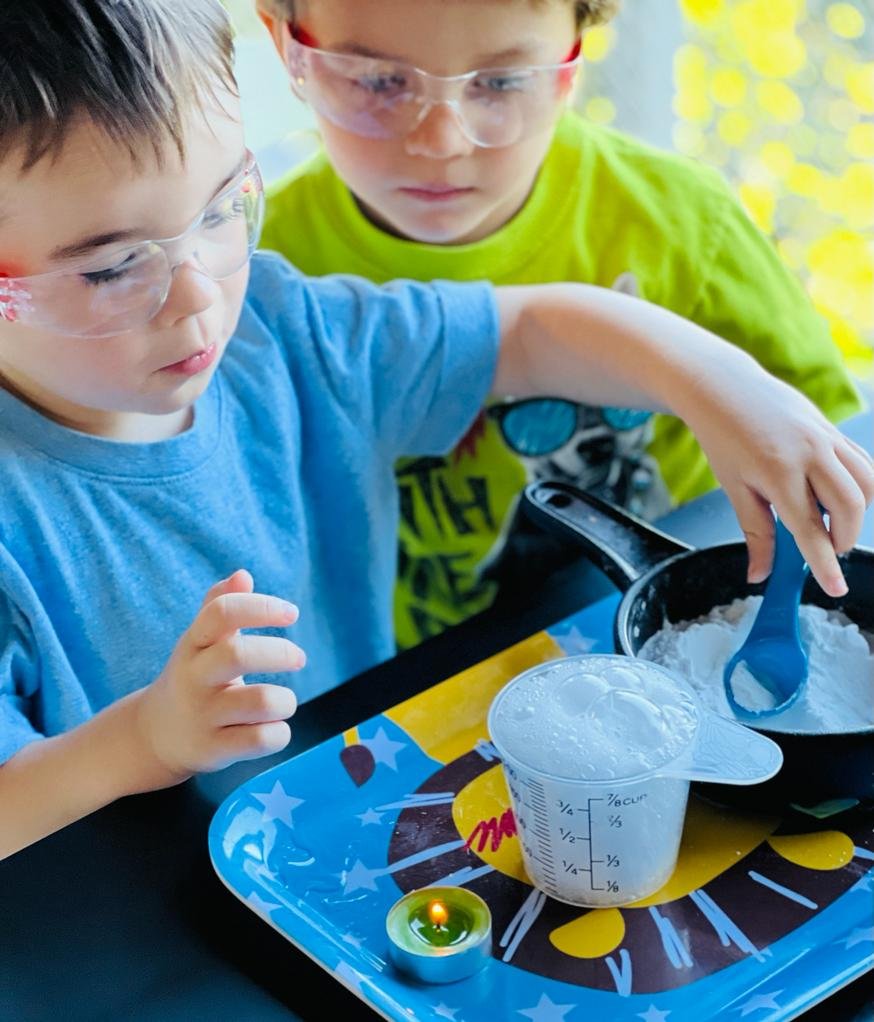
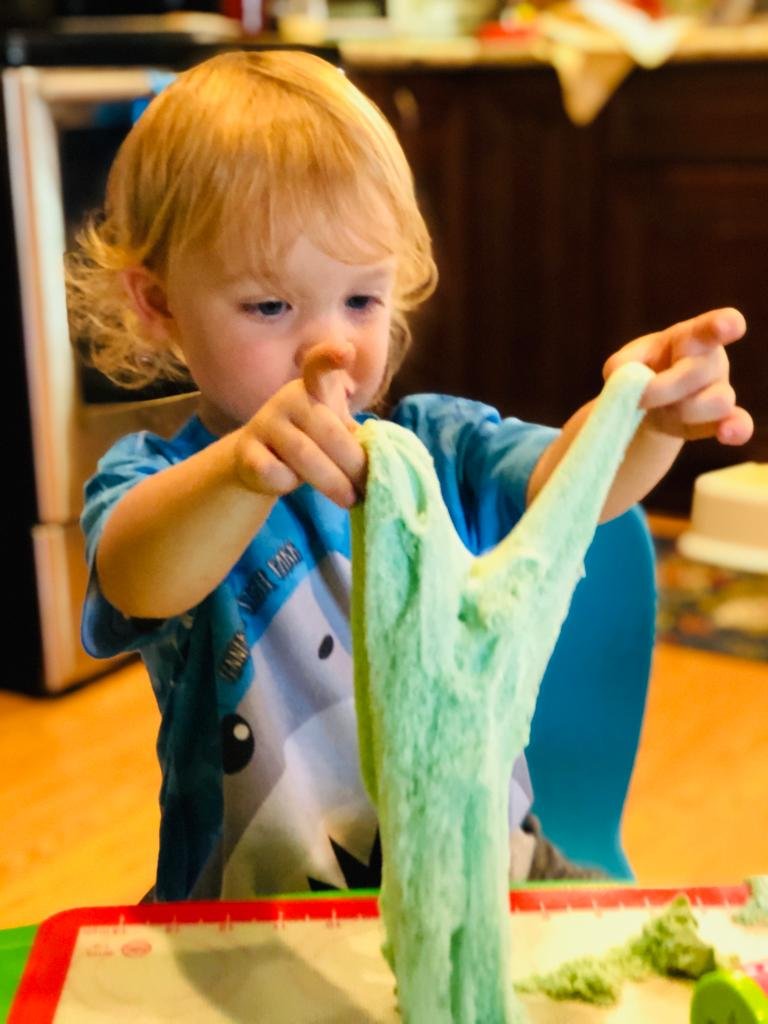
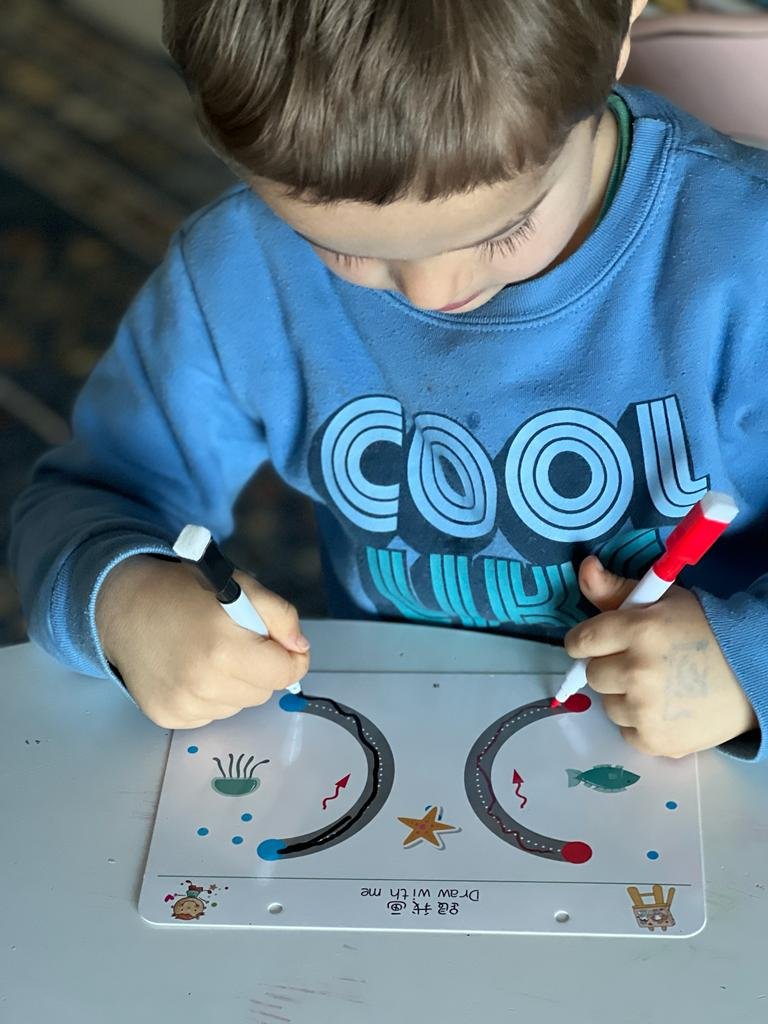
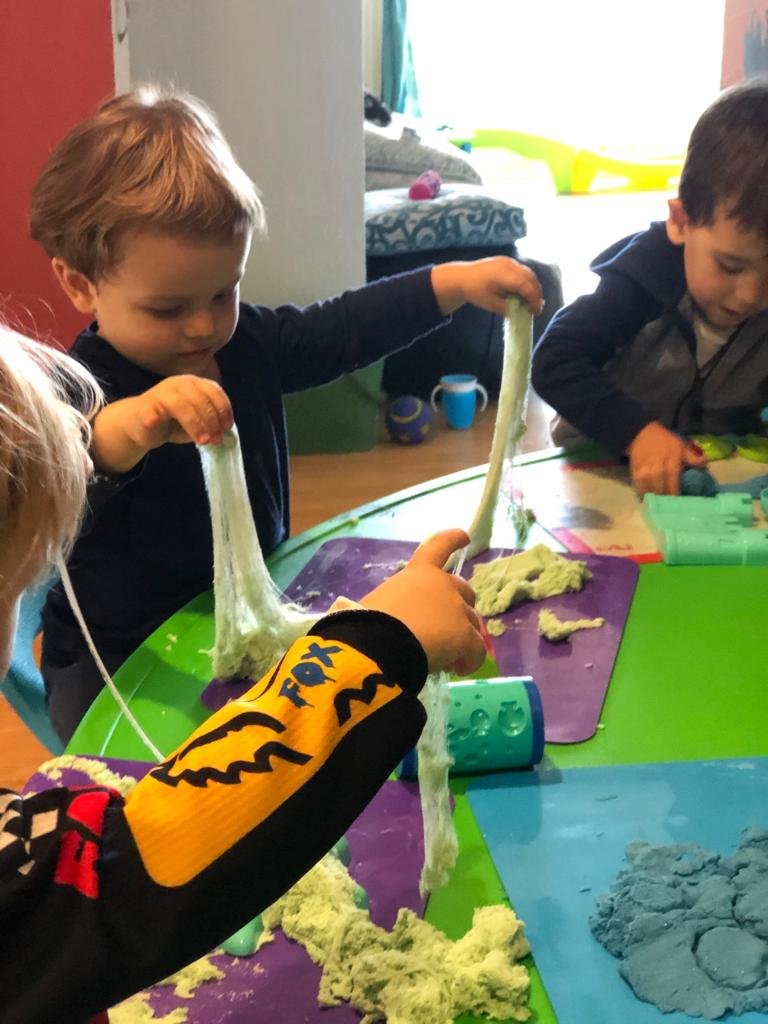
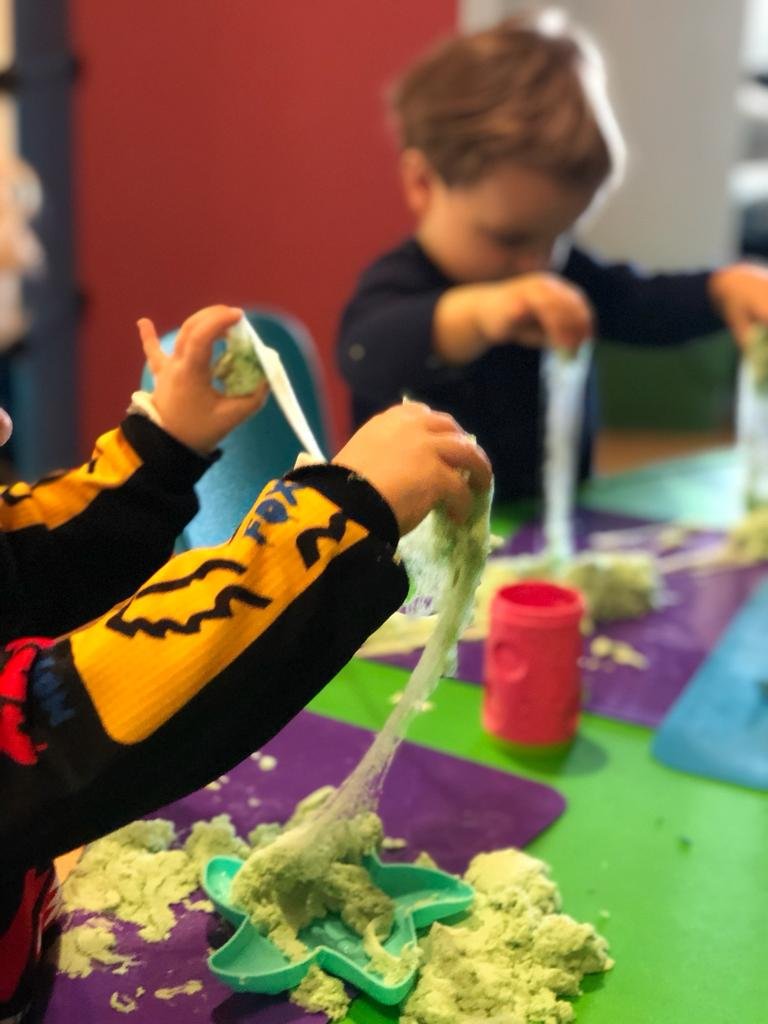
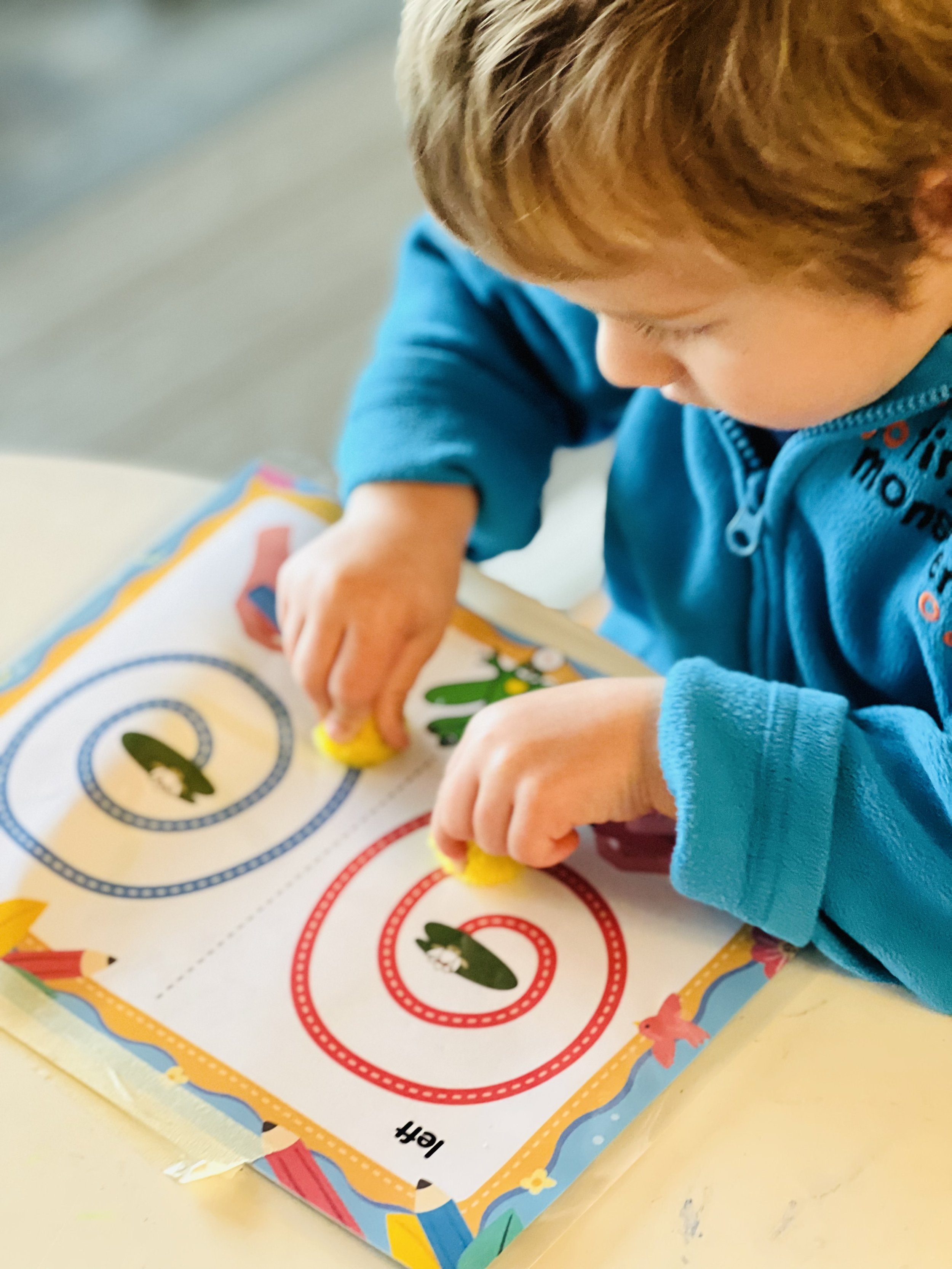
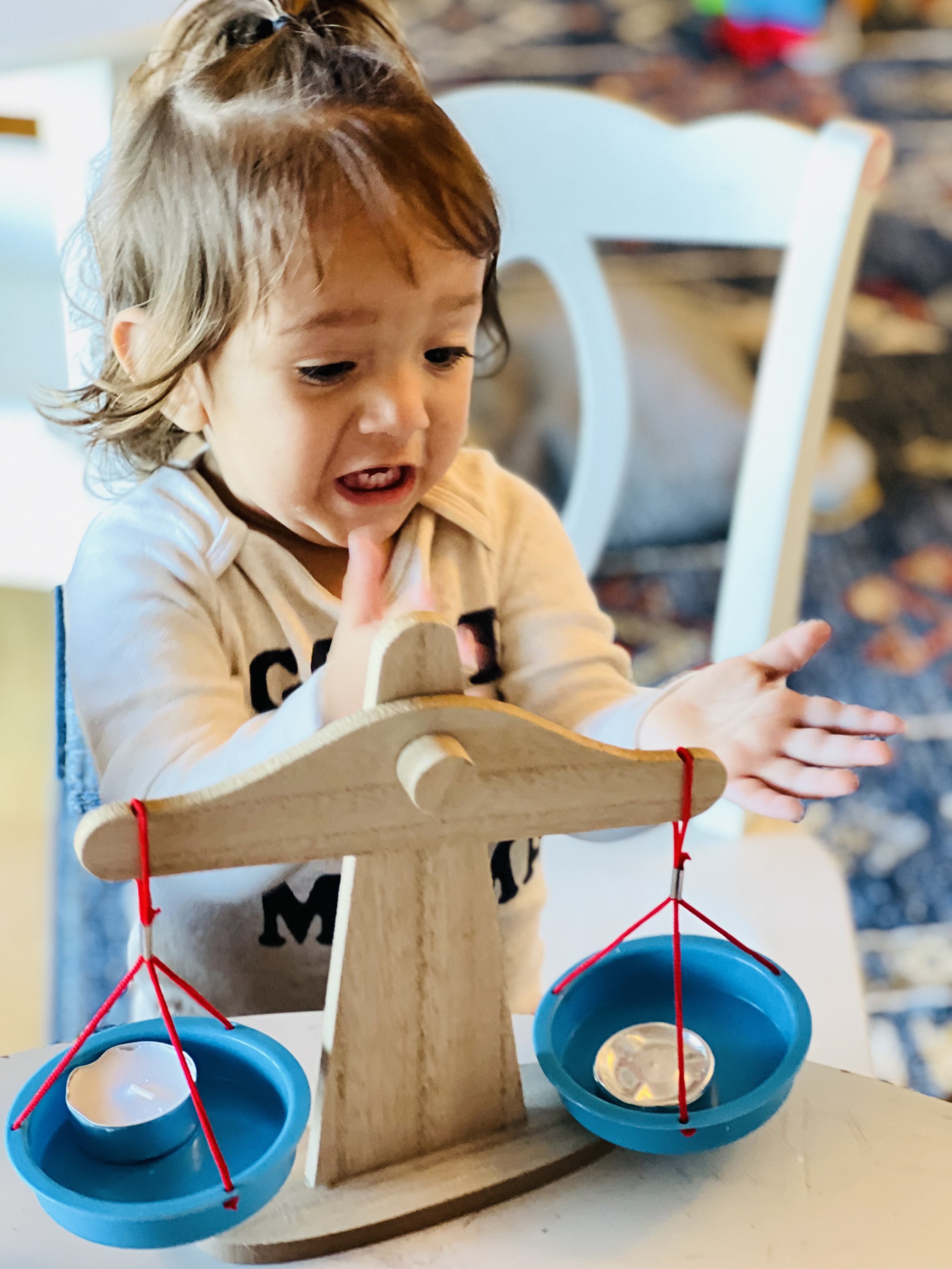
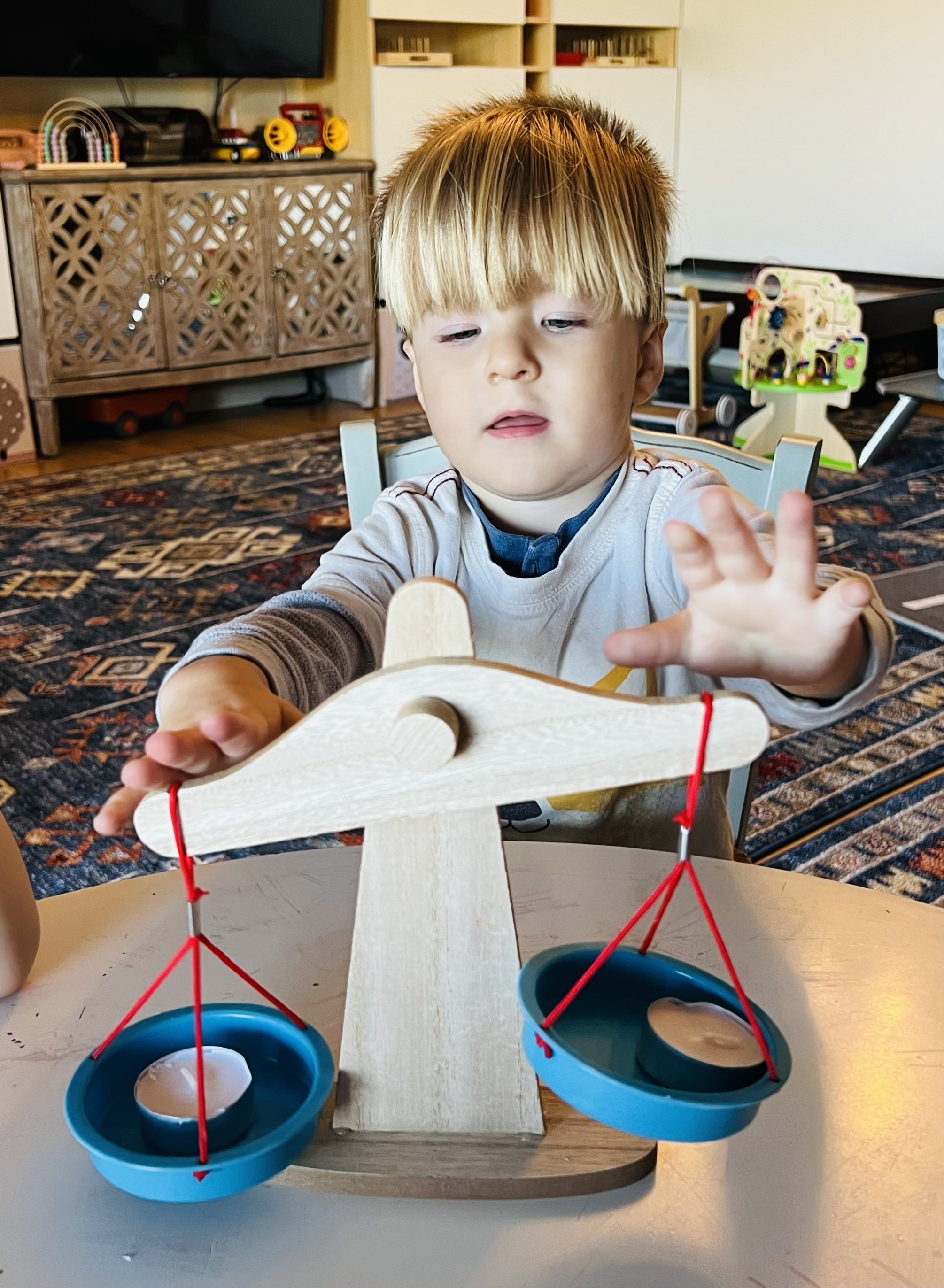
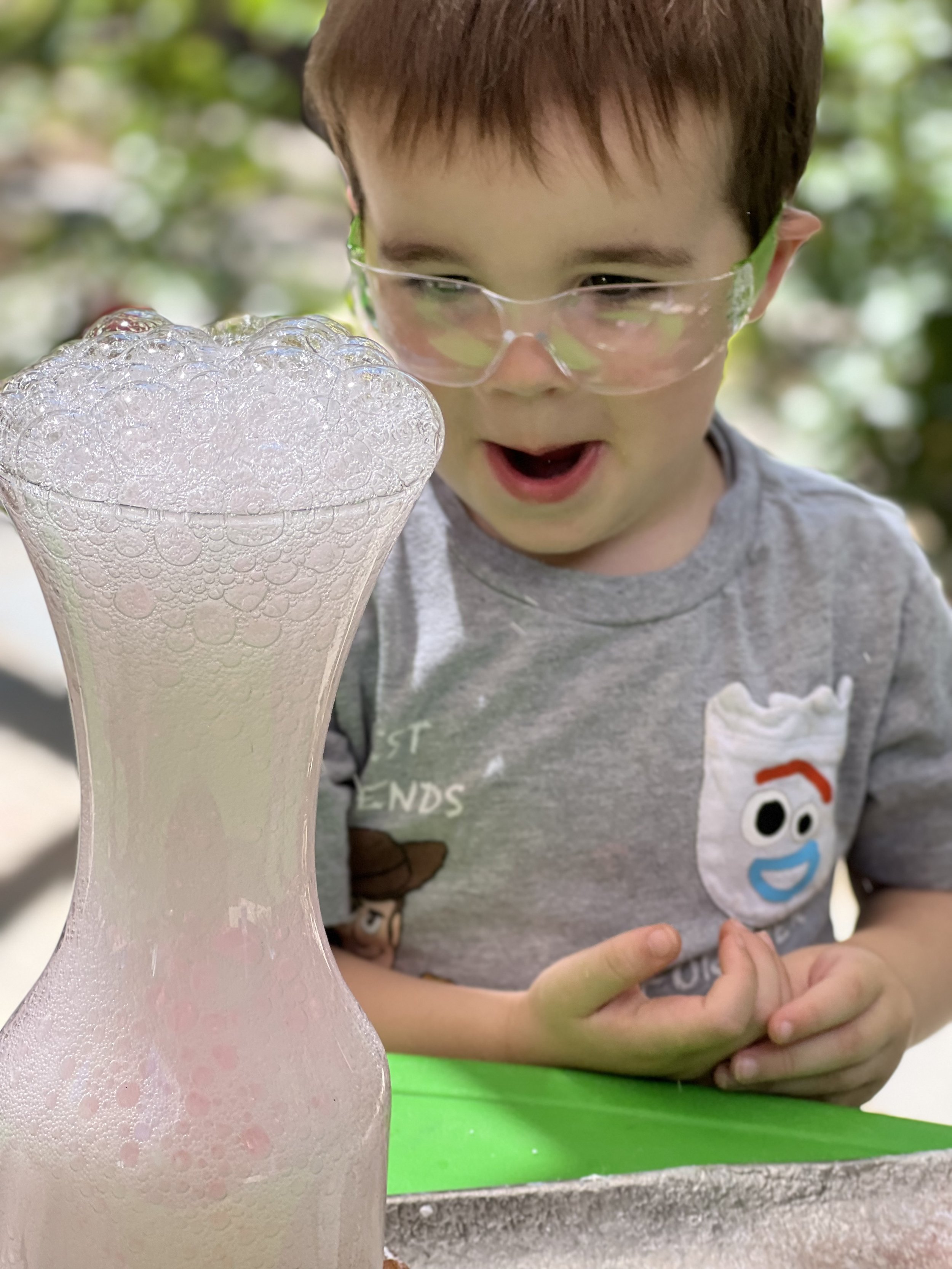
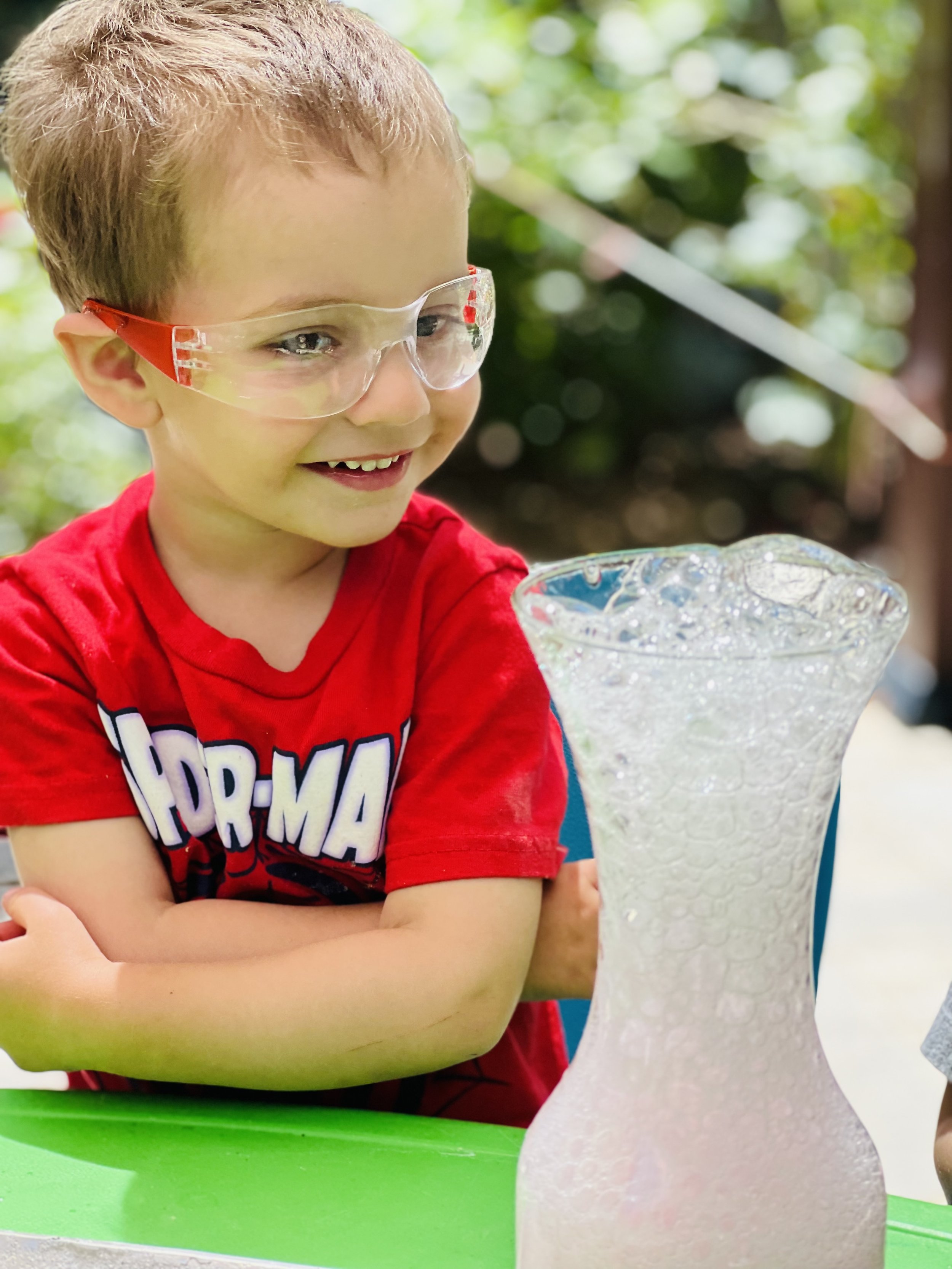
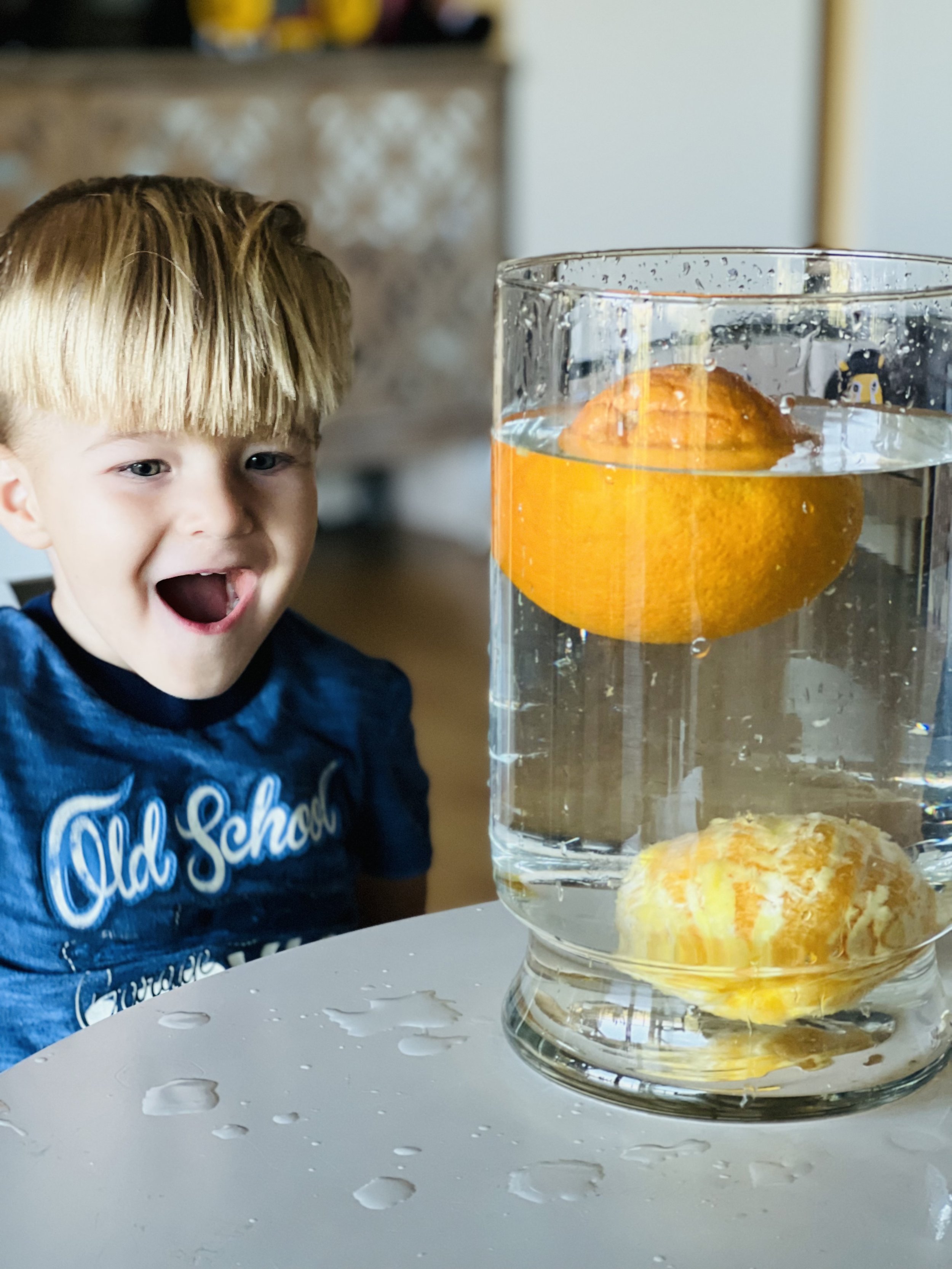
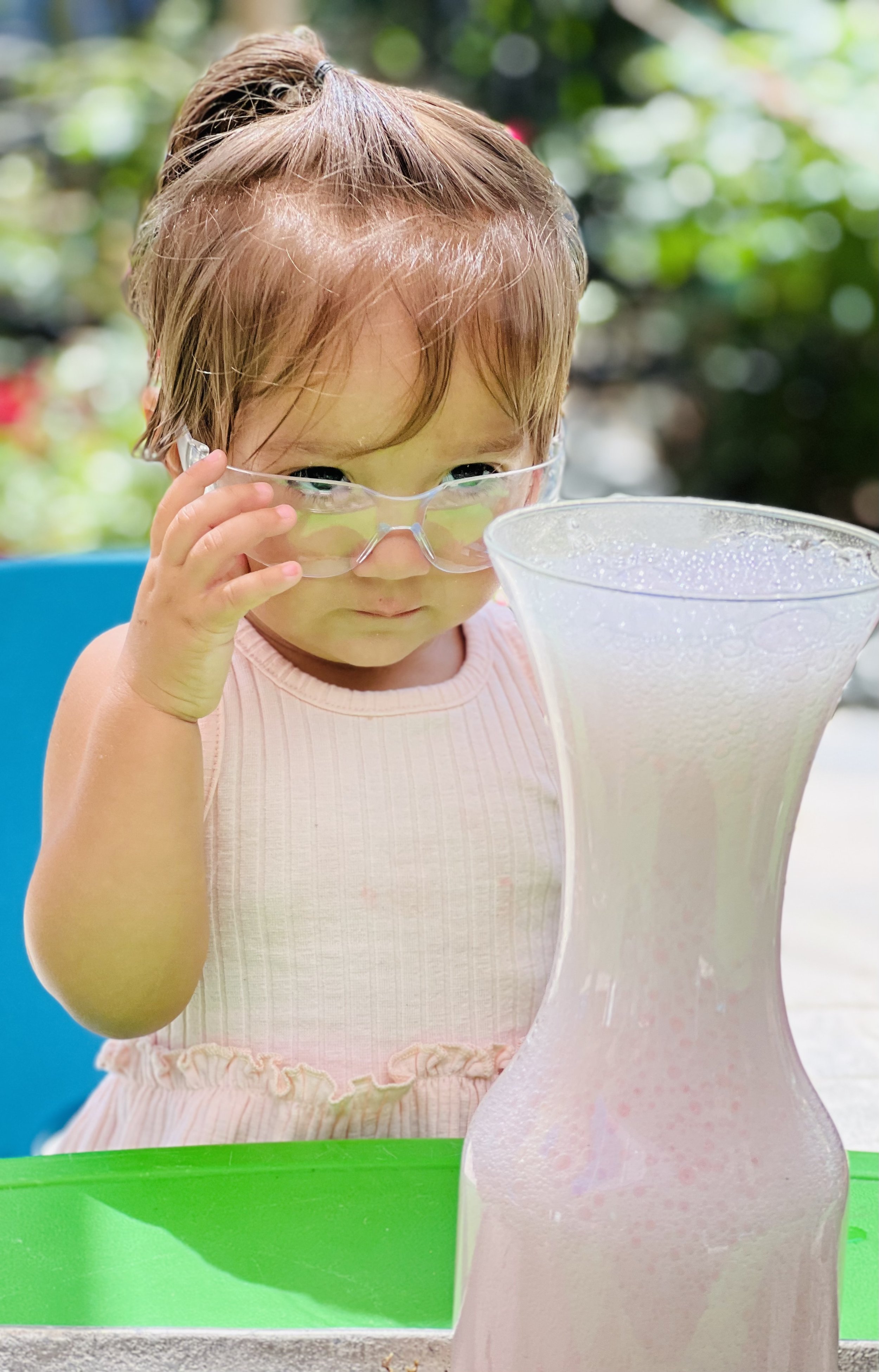
ACADEMIC CURRICULUM
As part of our academic curriculum, children learn the following in stages:
Numbers & Counting: Distinguishing, counting and writing numbers 1 to 10, which evolves into distinguishing, counting and writing numbers 1 to 20 (depending on the child’s age)
Alphabet: Recognizing, identifying, reciting the alphabet from A to Z.
Memory Exercises: Memorizing rhymes, poems, and songs, as well as engaging in memorization games.
Shapes and Concepts: Distinguishing shapes and understanding concepts. Children learn to describe objects as little, big, short, tall, wide, narrow, etc. These concepts are taught in conjunction with the exercise of recognizing each of these qualities in images relative to their counterparts. Children are also taught 4 basic shapes: circle, square, triangle, and rectangle.
Planets: We introduce basic concepts about our solar system through age-appropriate activities such as arts and crafts, sensory play, and storytelling. We use visual aids and models to help children understand the different planets, their characteristics, and their place in the solar system.
Science: We teach basic science to young help children develop an understanding and appreciation of the natural world around them, as well as promote critical thinking skills and problem-solving abilities. By introducing scientific concepts in a fun and engaging way, children can learn to ask questions, make observations, and draw conclusions. This can help to build their curiosity and inspire a lifelong love of learning.
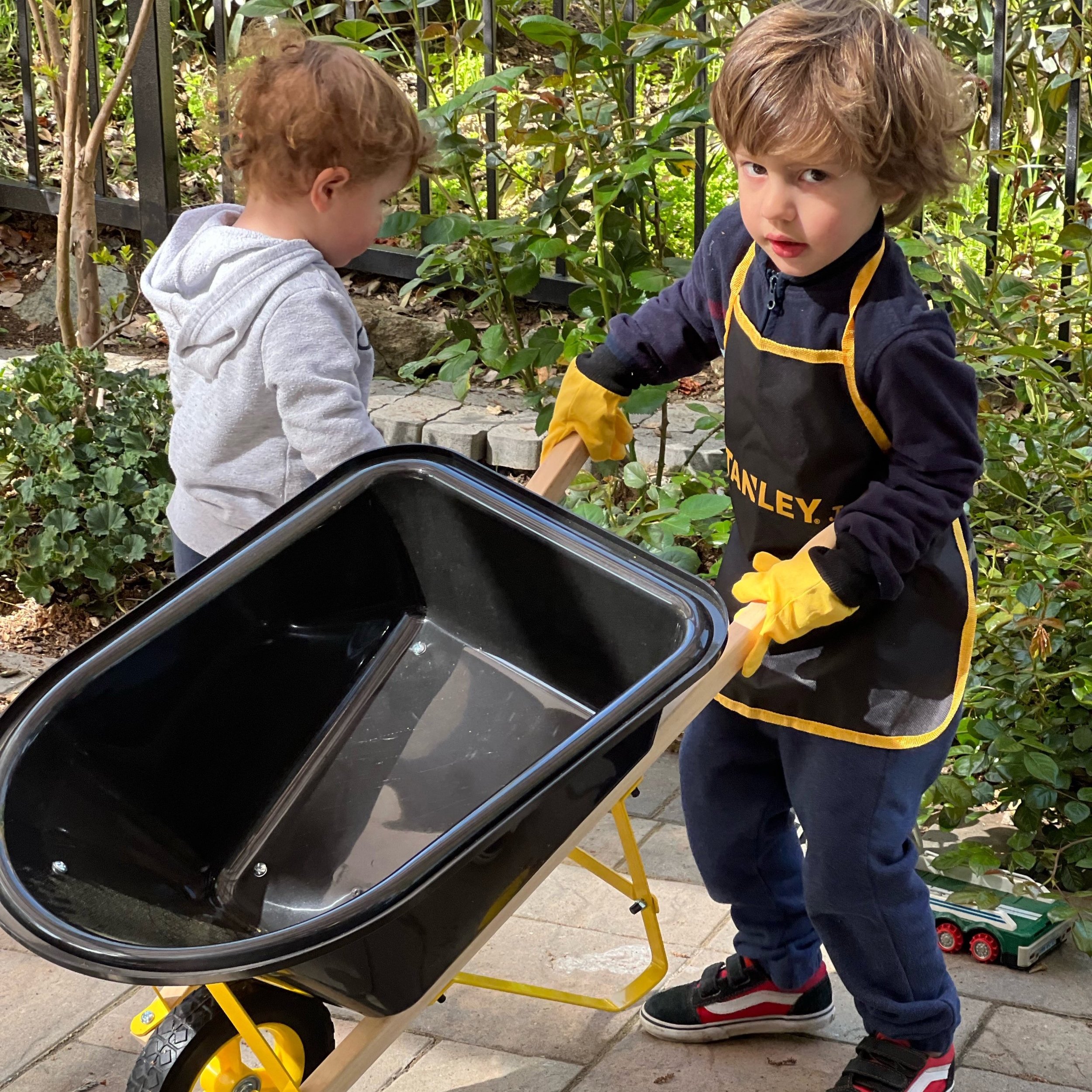
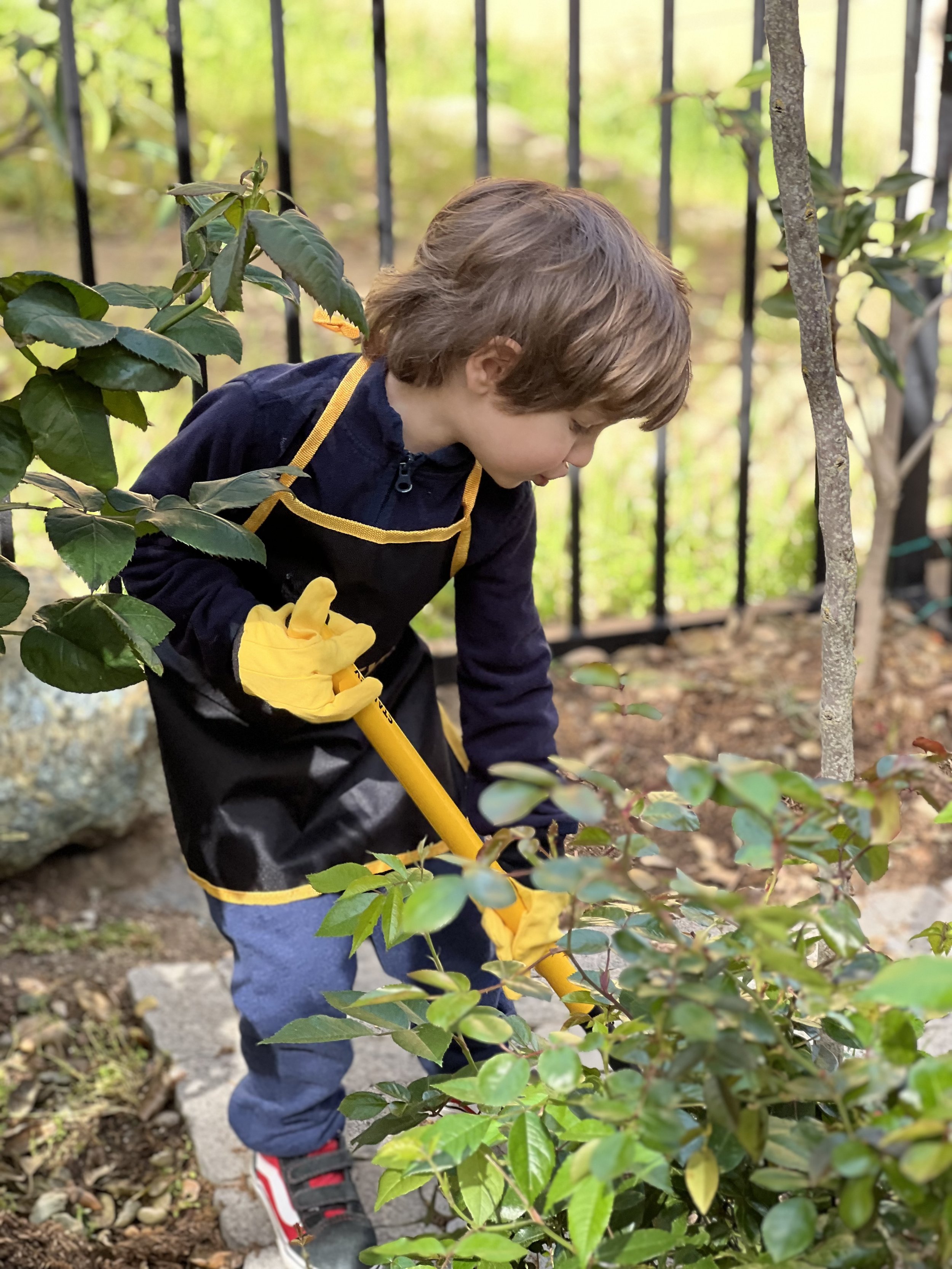
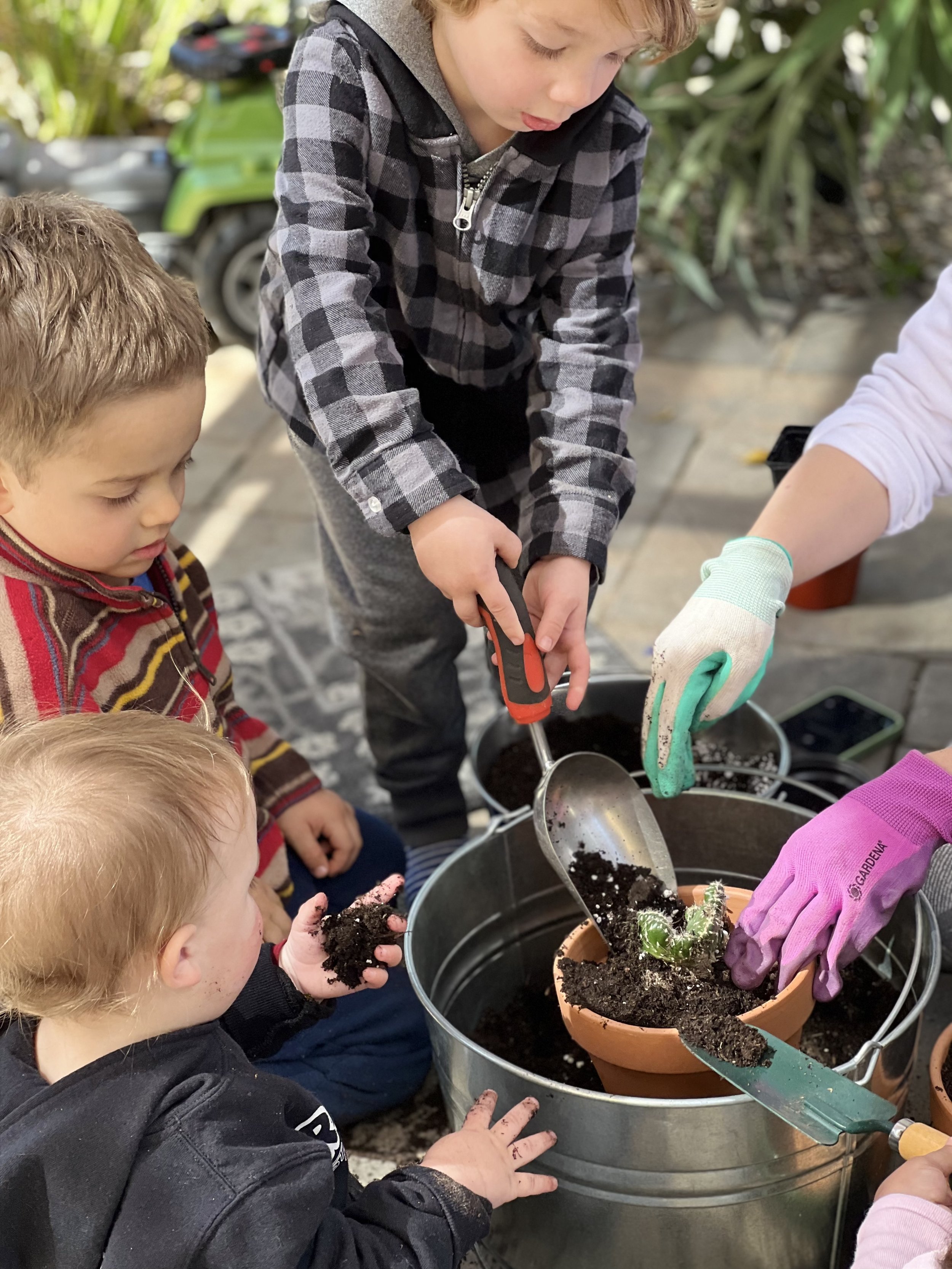
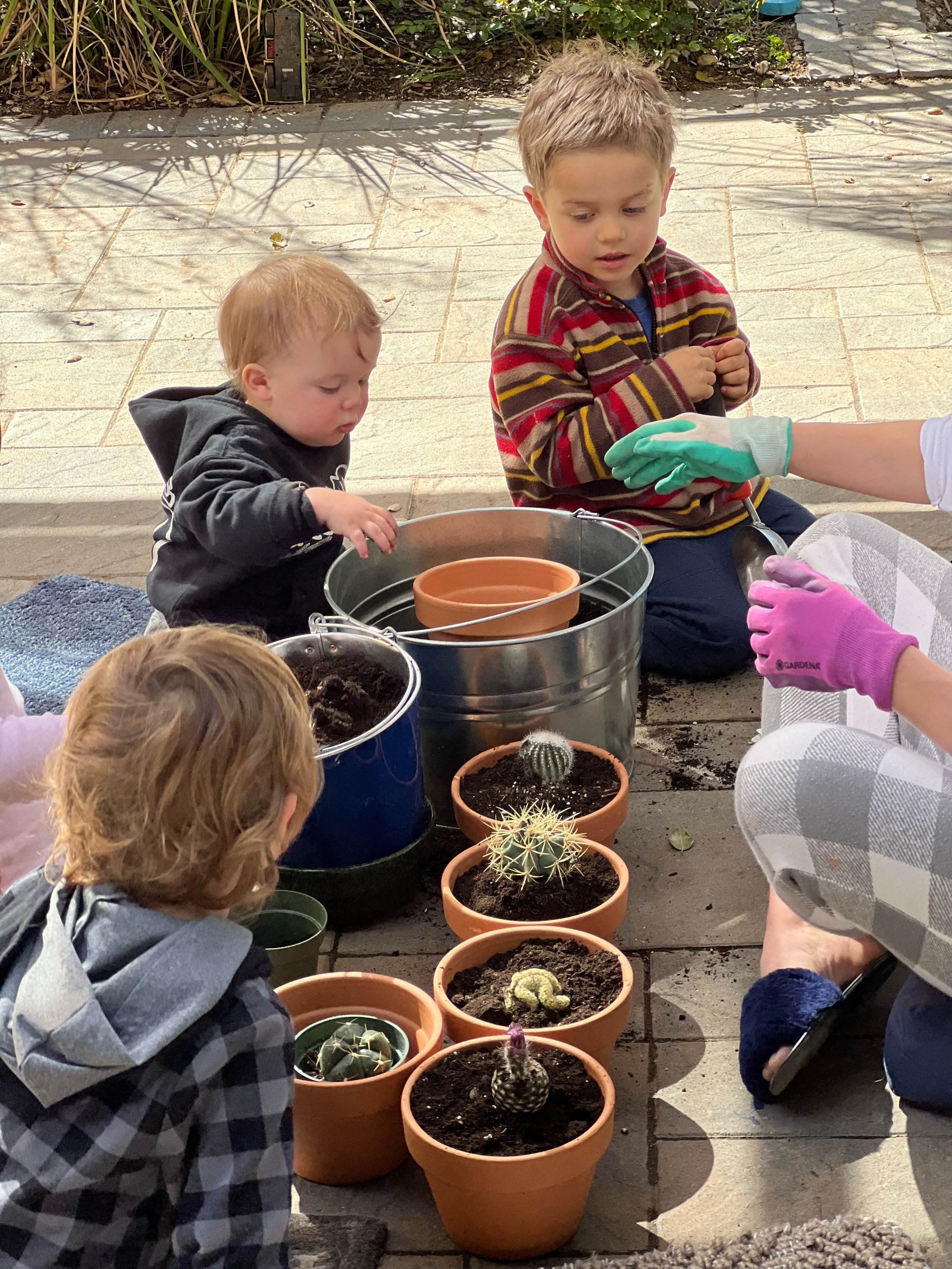
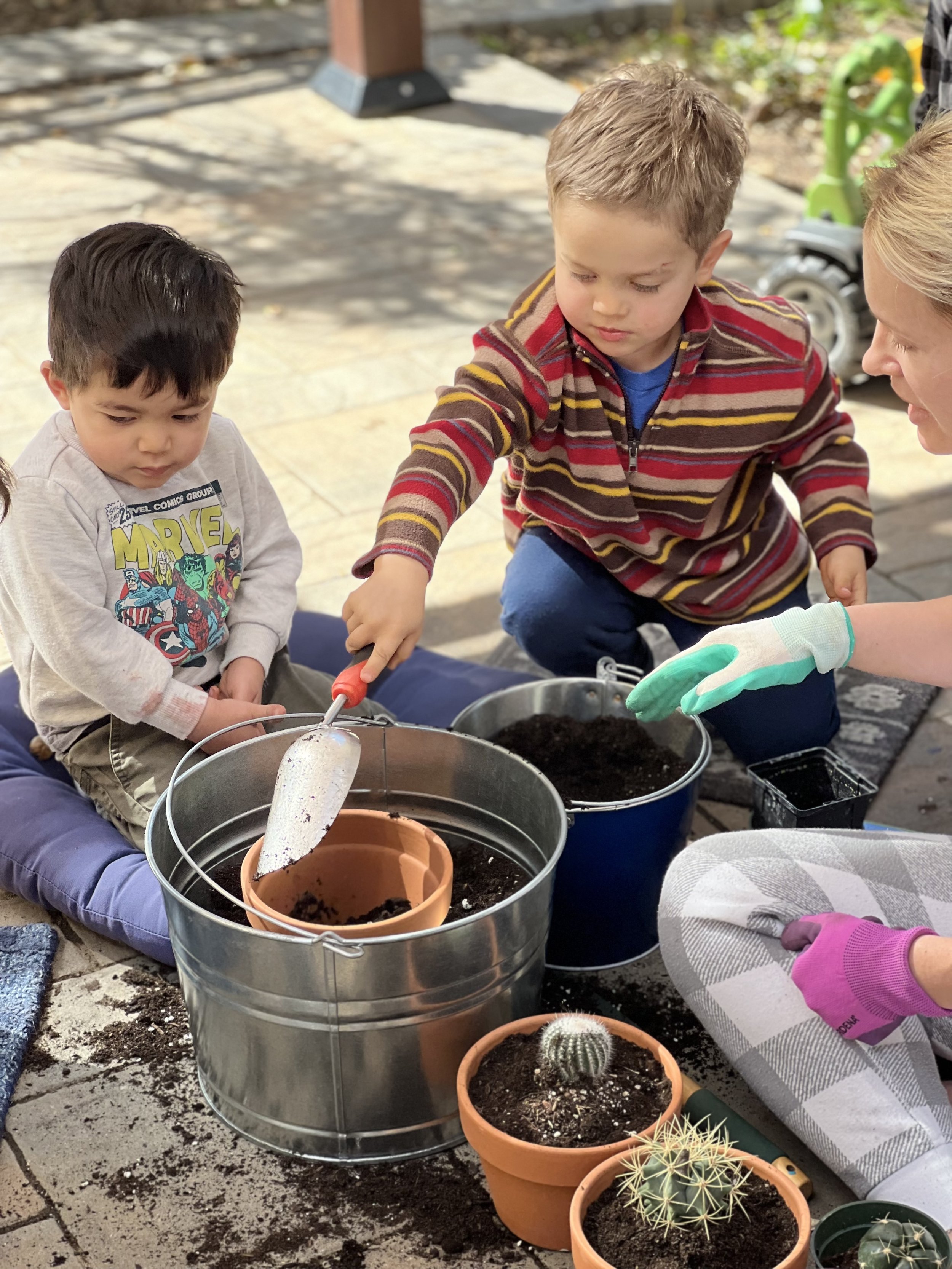
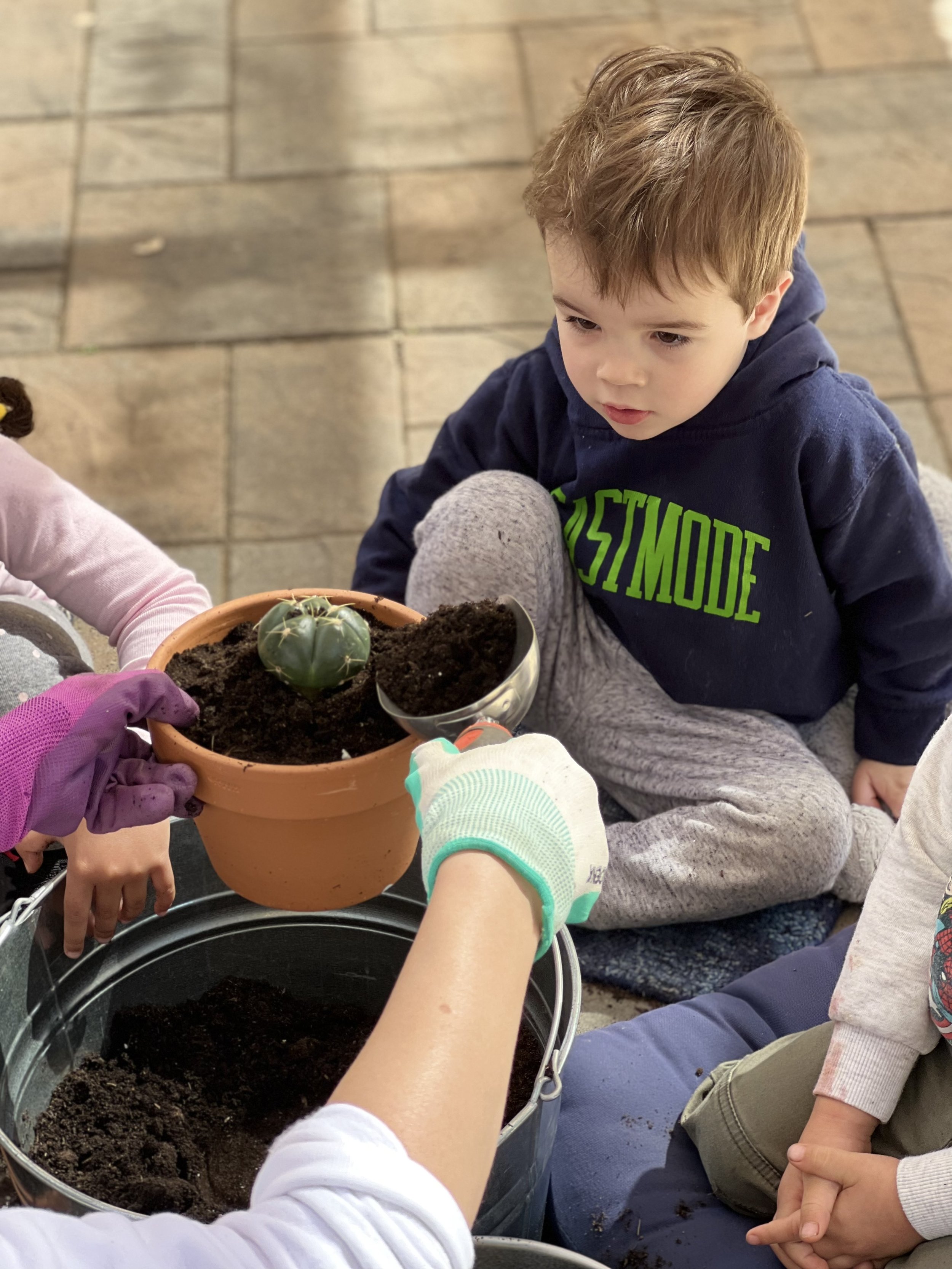
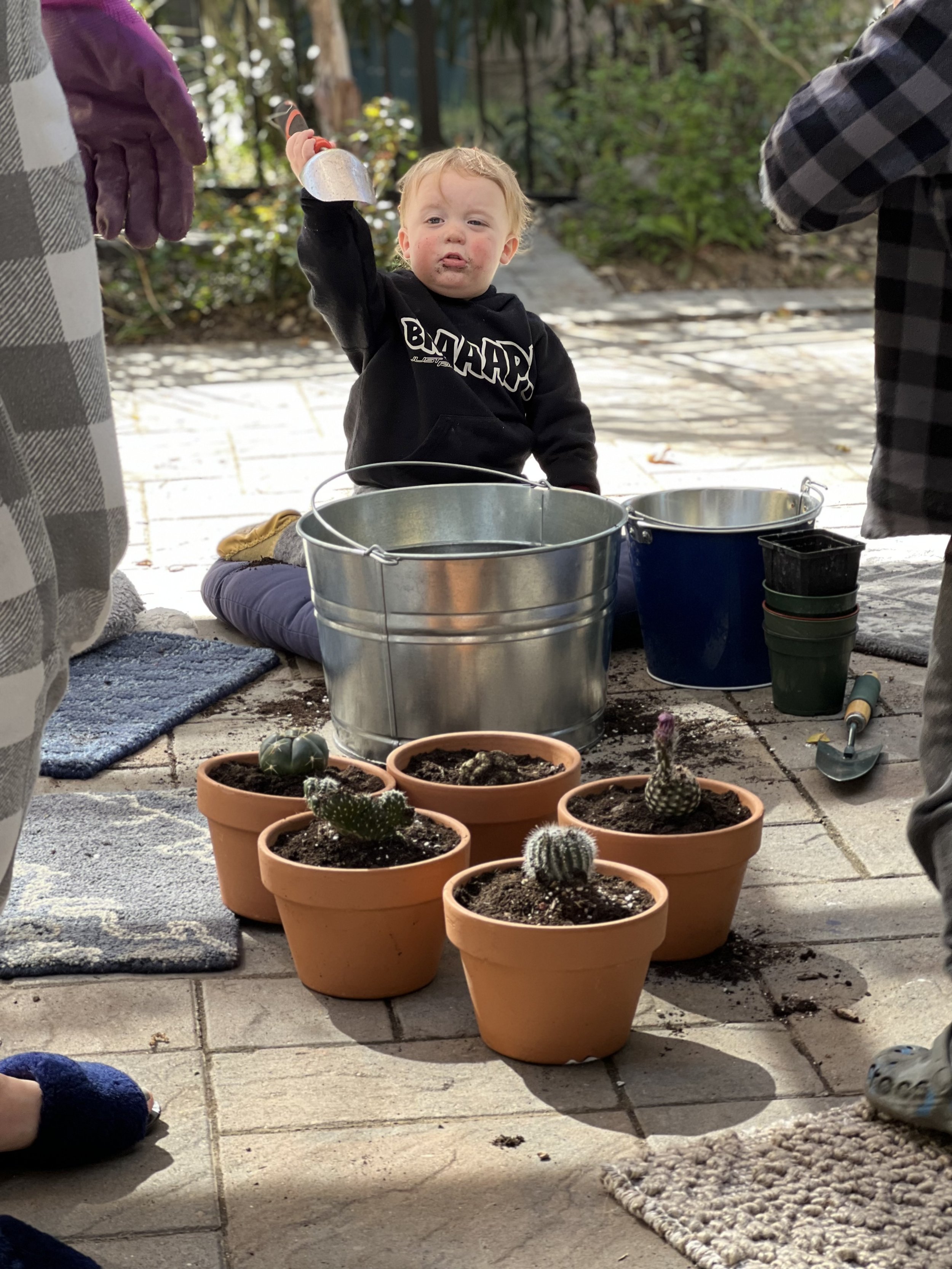
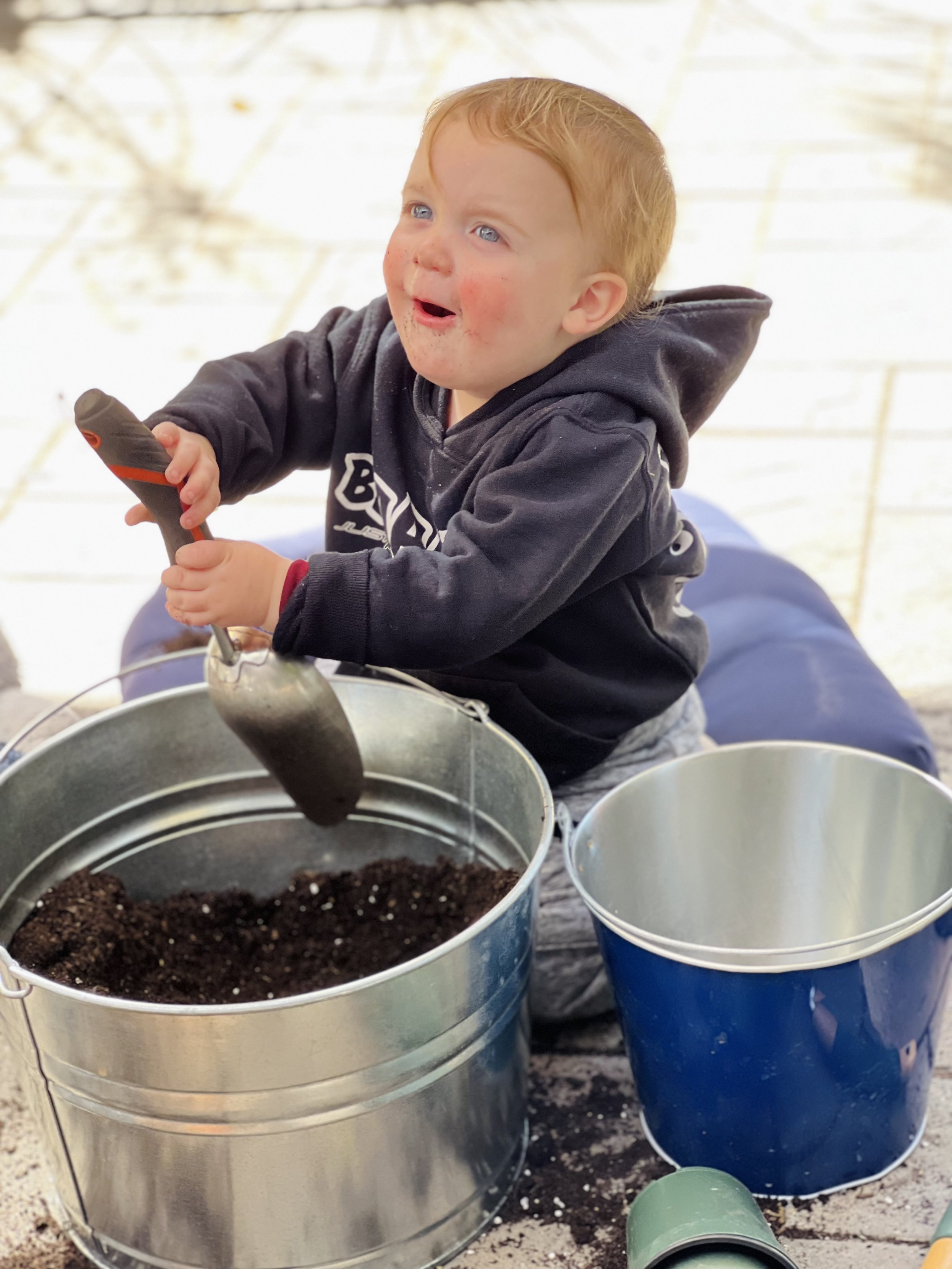
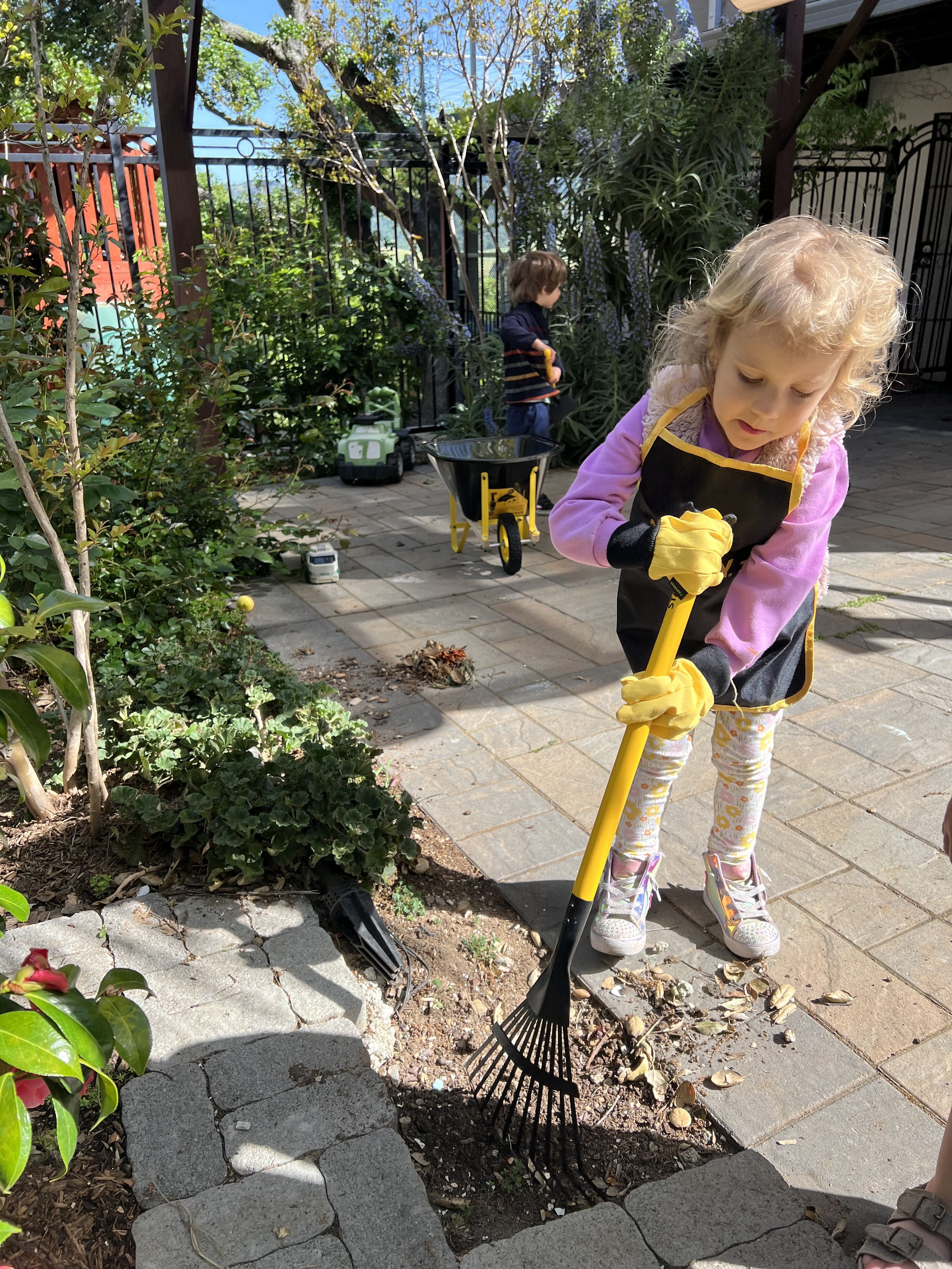
GARDENING & HOUSEPLANT CARE
Teaching young kids to garden and care for houseplants has numerous benefits. Not only does it promote an appreciation for nature, but it also teaches important life skills such as responsibility, patience, and perseverance. Gardening and caring for houseplants also provide opportunities for sensory experiences and can serve as a calming activity. Children can learn about the growth cycle of plants, the importance of soil and water, and the different types of plants and their needs. Furthermore, gardening and caring for houseplants can encourage healthy eating habits and can serve as a source of fresh, homegrown produce. It is a great way to connect children with the earth and instill a sense of environmental awareness and stewardship.
We love gardening at MILA MA and aim to inspire that love in children as they nurture their plants and watch them grow.
STORY TIME
Story time is an essential part of early childhood development as it stimulates a child's imagination and enhances their cognitive, linguistic, and social skills. At MILA MA, we recognize the importance of story time and incorporate it into our daily routine, particularly before nap-time.
Reading aloud to young children helps in developing their vocabulary and language skills, as they learn new words and sentence structures from the stories. It also stimulates their cognitive development by teaching them how to problem-solve and think creatively. Additionally, story time provides a shared experience that allows for social and emotional growth, as children learn to sit and listen to each other and express their thoughts and feelings about the stories.
Furthermore, story time helps in fostering a love of reading and learning in children, which is a key factor in their academic success. By introducing children to different genres and types of literature, they are more likely to develop a lifelong love of reading, which can benefit them academically and personally throughout their lives. At MILA MA, we are committed to providing a nurturing and stimulating environment for children, and story time is an important part of that.
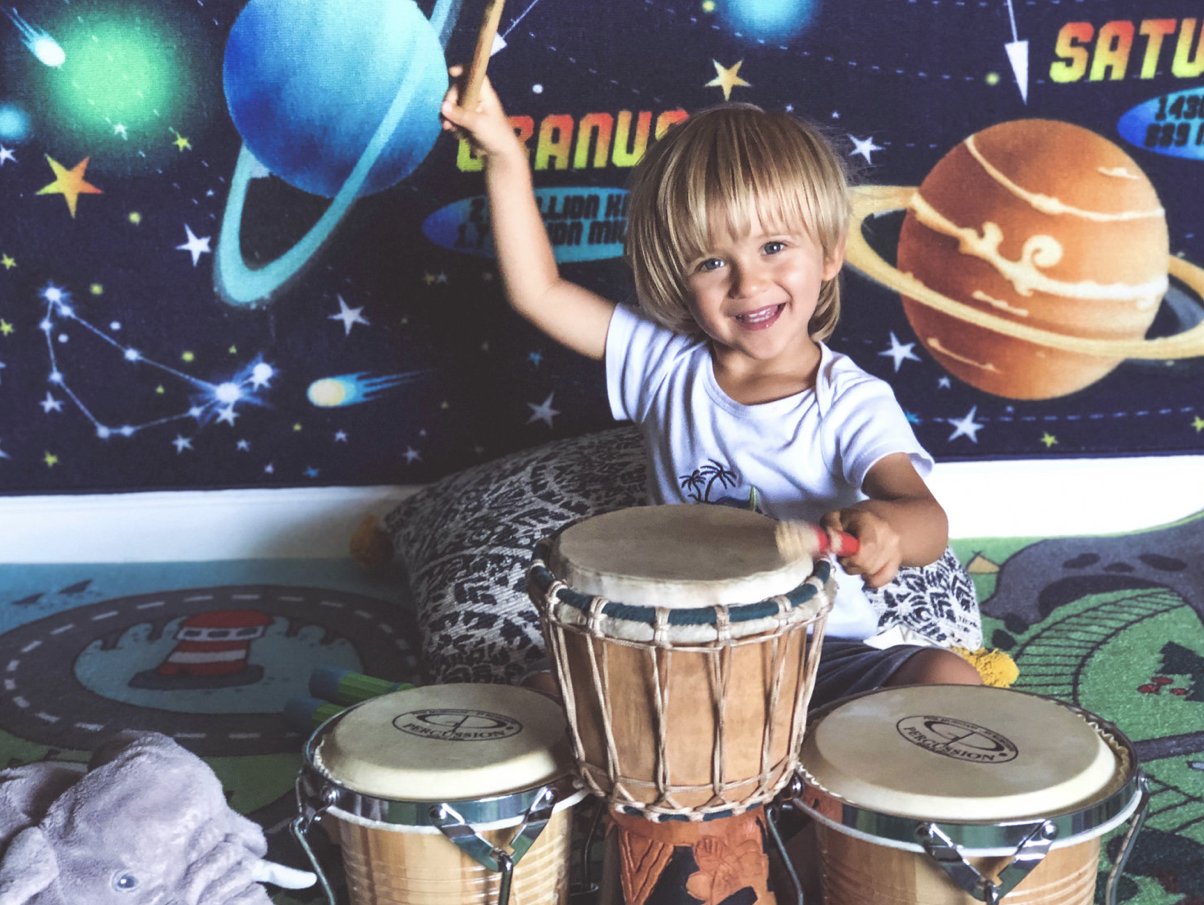
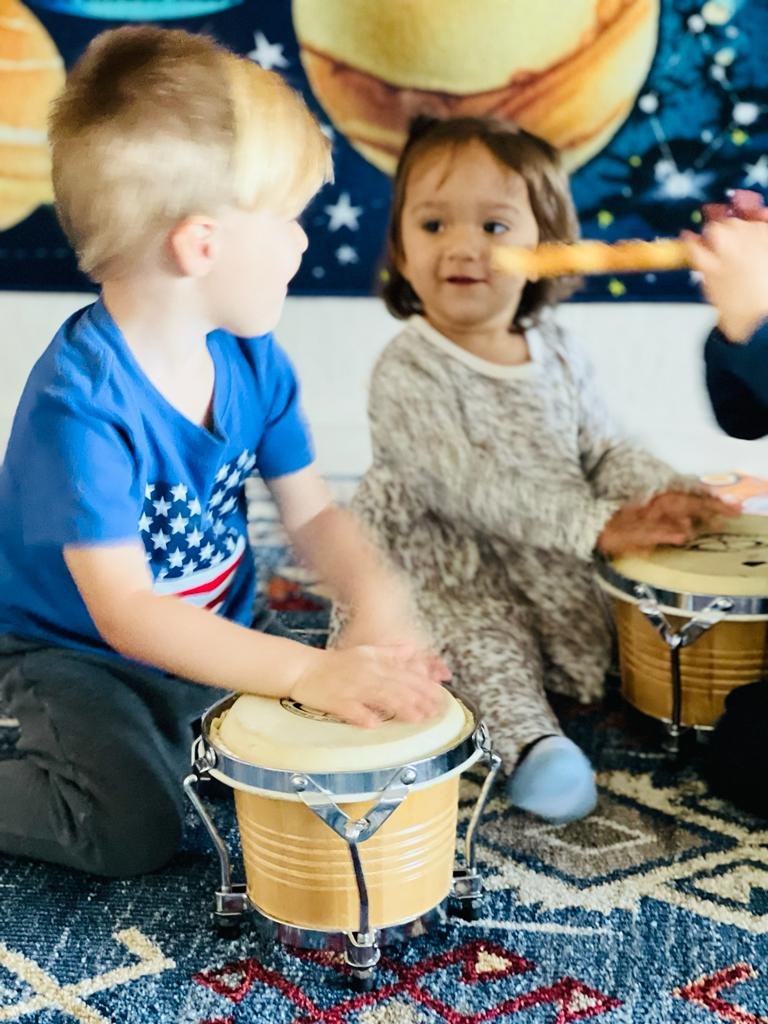
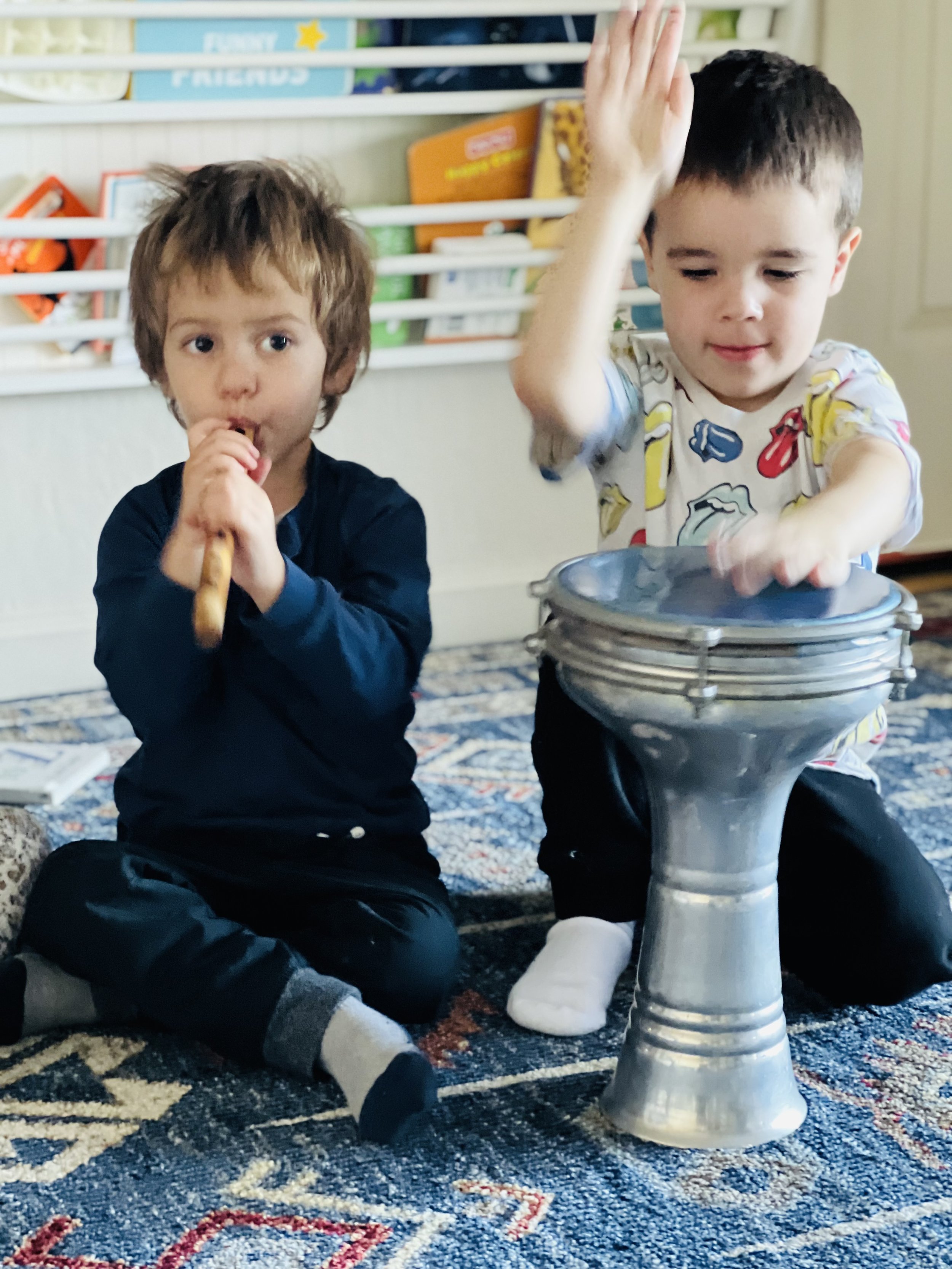
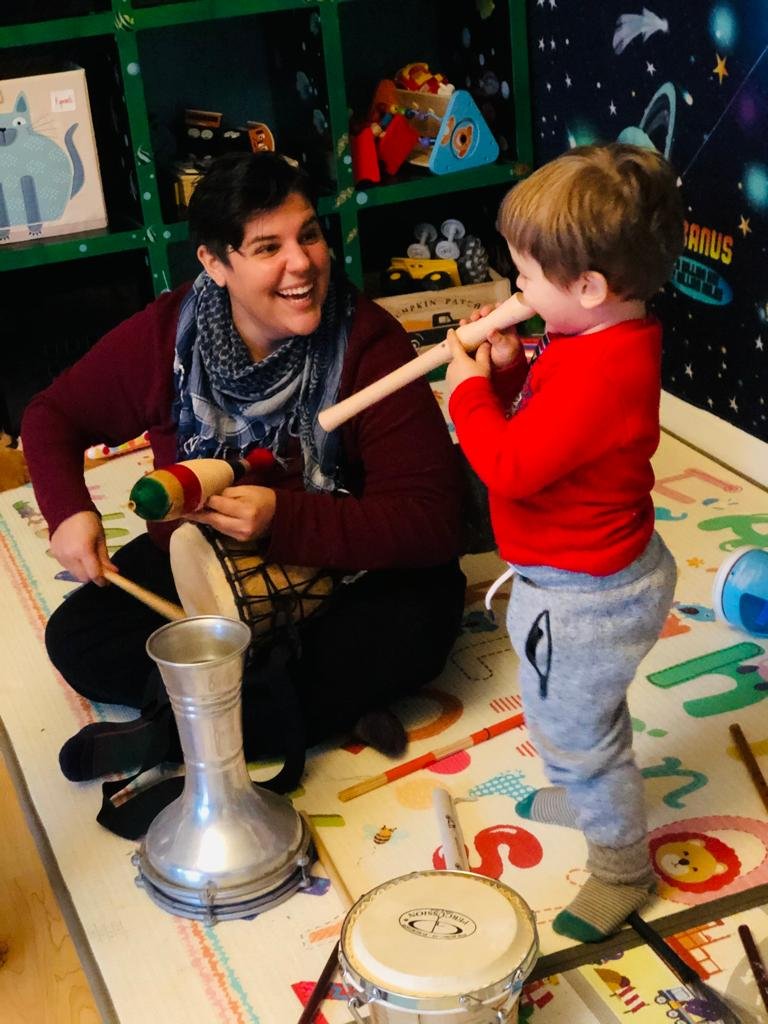
SONG, DANCE, AND PERFORMANCE
Engaging in song, dance, and performance can have a significant impact on the overall development of young children. At MILA MA, we understand the importance of providing children with opportunities to explore their creative abilities and to express themselves through these art forms. These activities allow children to develop their gross motor skills, balance, and coordination as they move to the rhythm of the music. In addition, singing and reciting rhymes and songs can help improve children's language skills and memory as they learn new words and rhythms.
Dance, in particular, provides children with an outlet to express their emotions and encourages self-confidence and self-esteem. By learning to work collaboratively with others to choreograph performances, children also develop their social skills and learn about teamwork. Participation in performance activities can also help children build their confidence and develop their ability to be comfortable in front of an audience.
At MILA MA, we prioritize these activities, providing children with a range of opportunities to participate in song, dance, and performance. We believe that by engaging in these activities, children are not only having fun, but also enhancing their overall development, confidence, and self-expression.
EXERCISE
Did you know that light physical exercise is not only fun but also incredibly beneficial for young children? At MILA MA, we love getting fresh air and moving our bodies every day! It helps improve coordination, balance, and flexibility, as well as promoting overall physical health and well-being. Plus, it's just plain fun to wiggle and jump around!
“Growing happy, healthy, and whole - the holistic way”
MEDITATION AND NAPTIME
Meditation and naptime are both important activities for young children's mental and physical well-being. At MILA MA, we believe that these activities should be essential parts of a child's daily routine.
Meditation can help children to develop mindfulness and self-awareness skills. It can help them to learn to manage their emotions, focus their attention, and cope with stress. Children who meditate regularly may also have better sleep, improved immune system function, and a greater sense of calm and relaxation.
Naptime is also crucial for young children's development. It can help them to recharge, improve their mood, and enhance their memory and learning. A regular nap routine can also lead to better sleep patterns and more restful nights. At MILA MA, we provide a quiet, peaceful environment for nap time and ensure that each child has a comfortable place to rest.
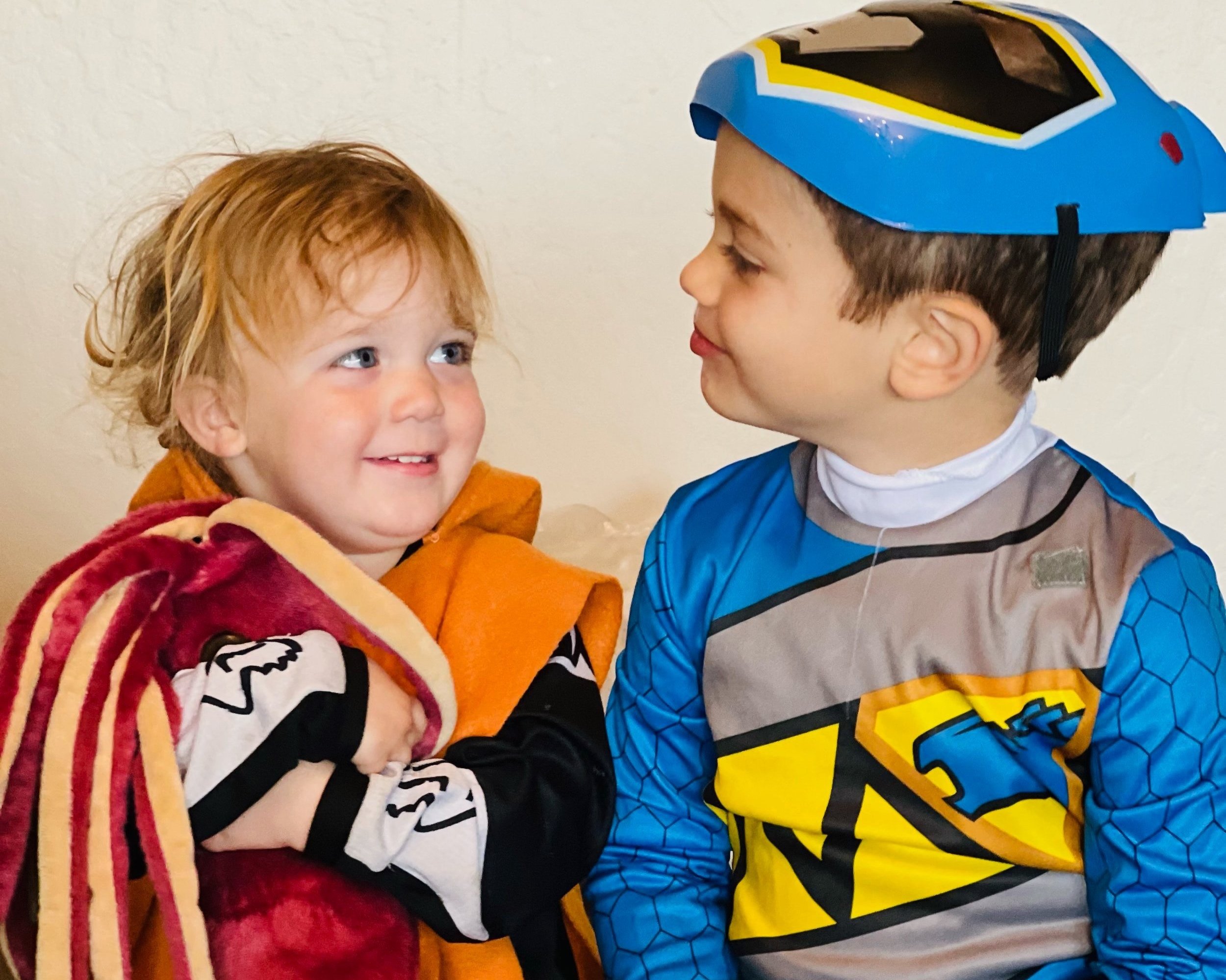
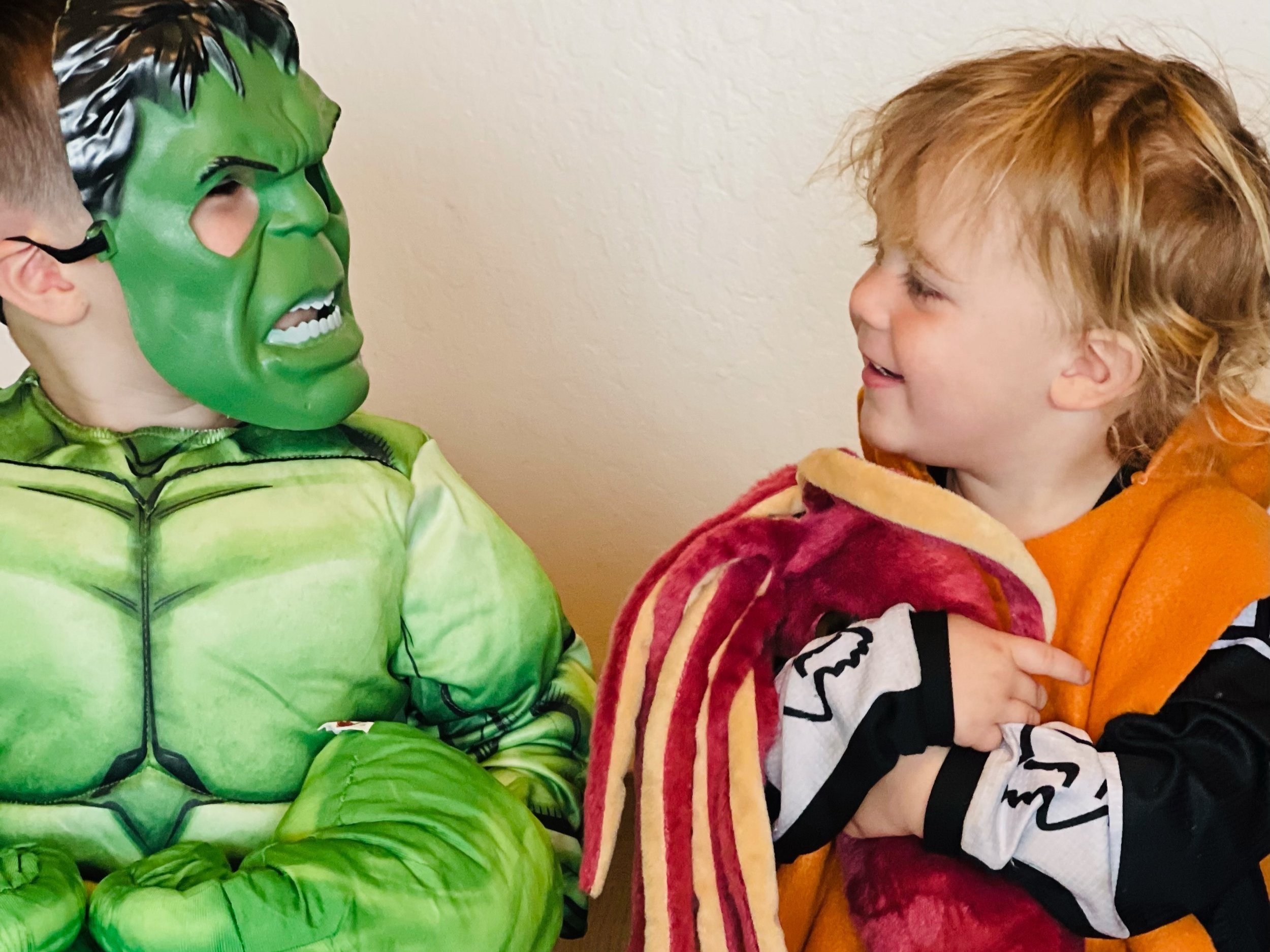
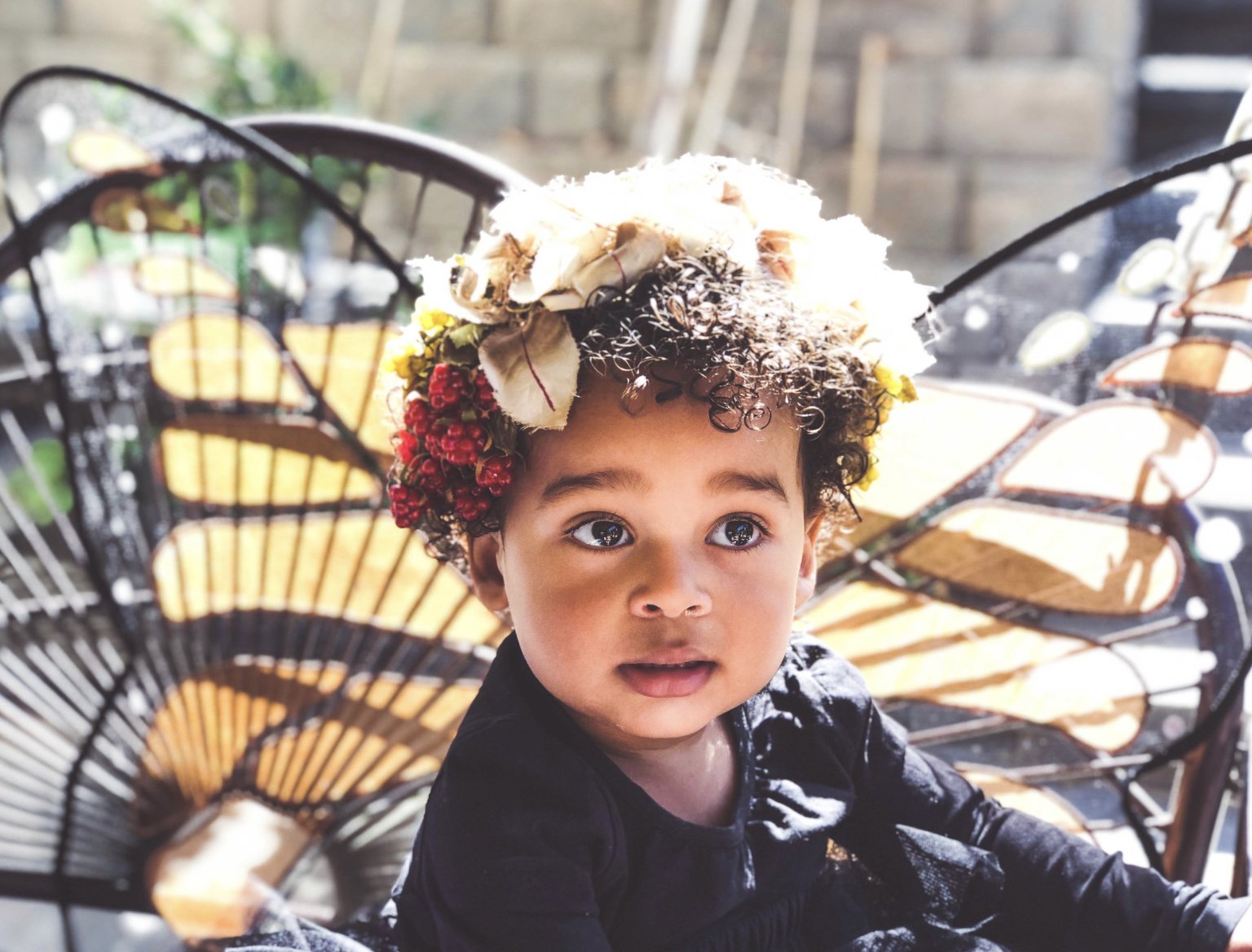
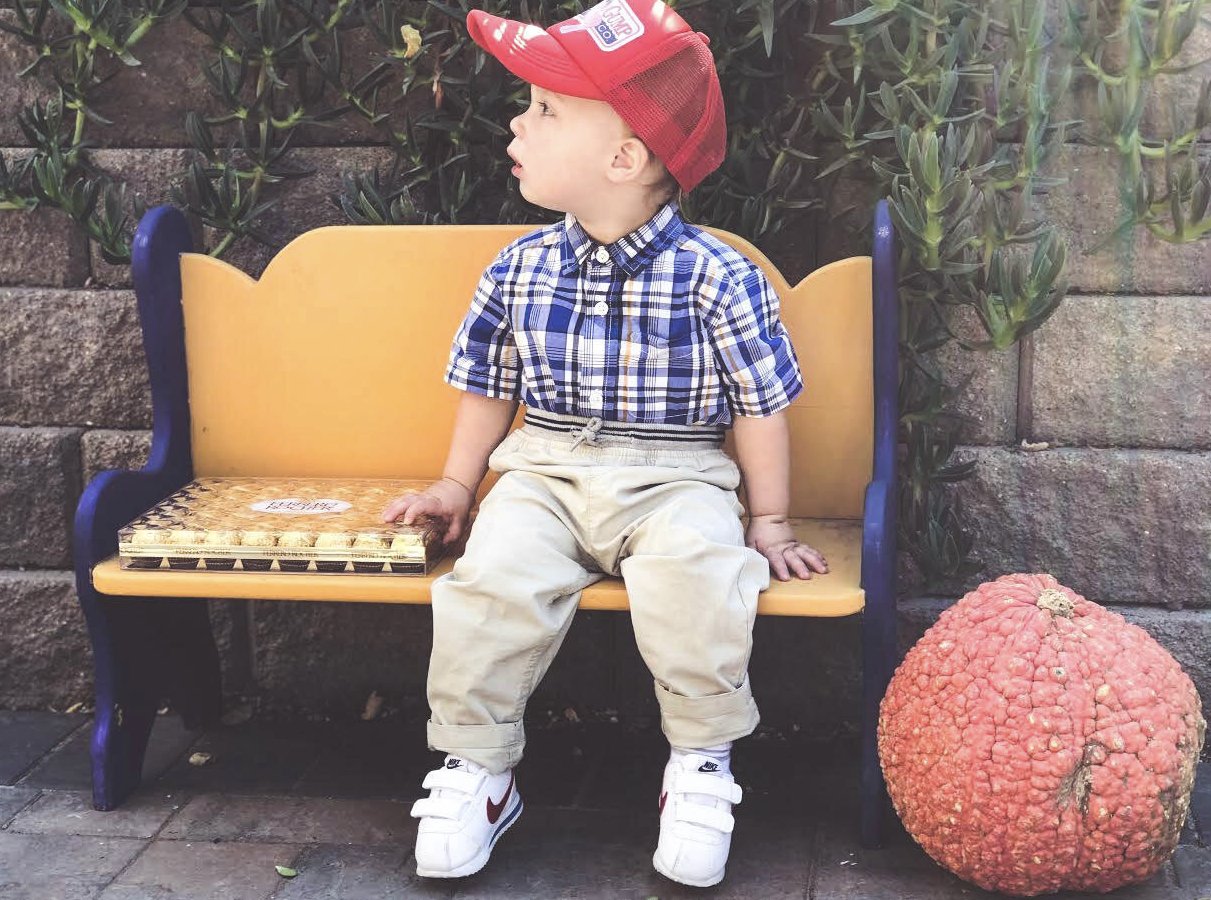
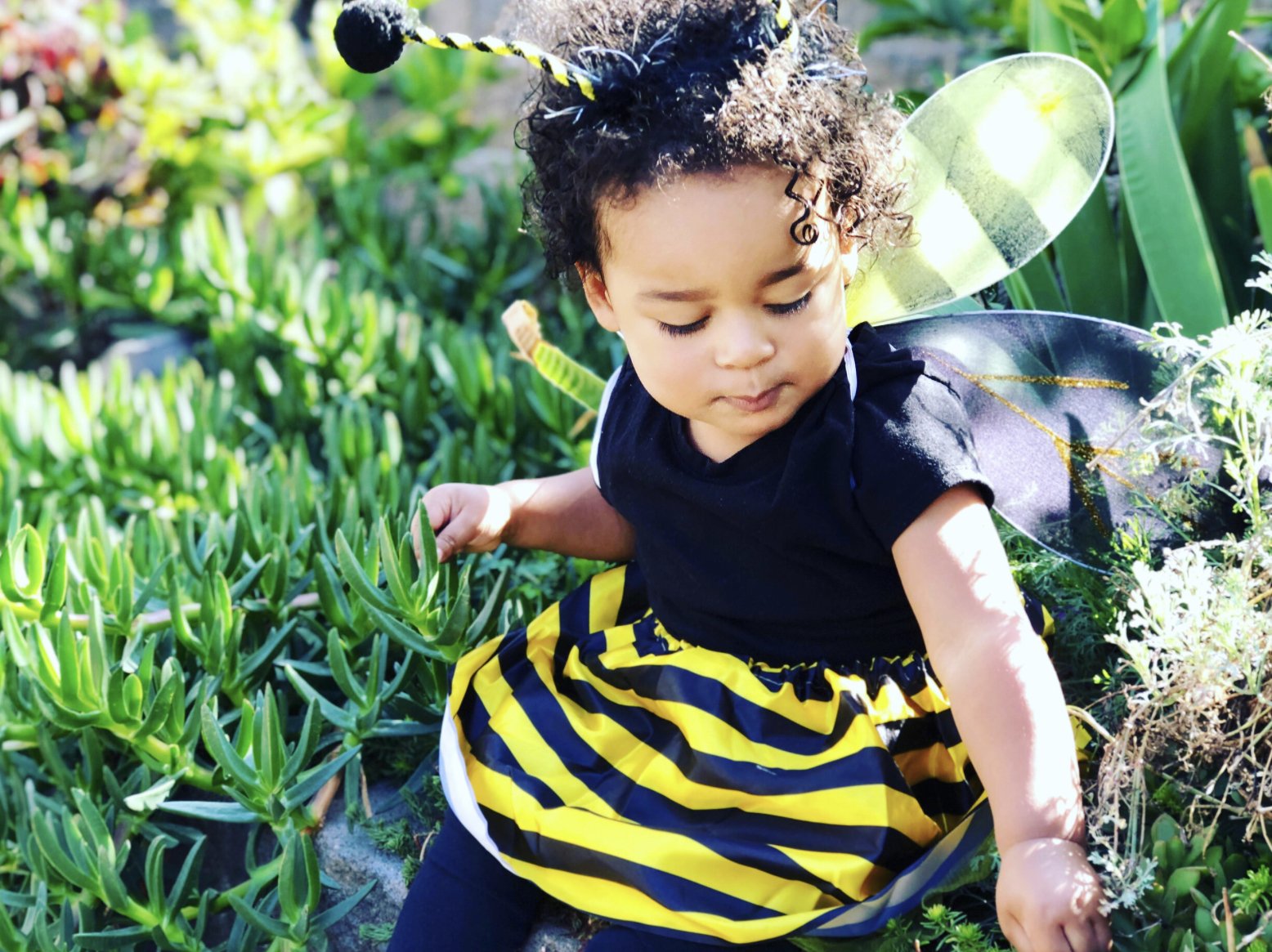
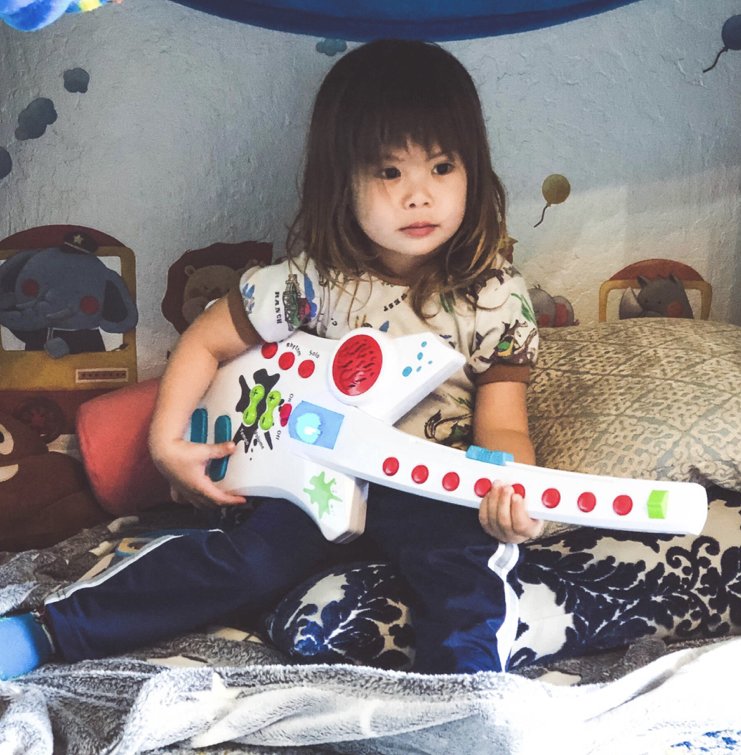
PRETEND-PLAY
When children engage in pretend-play, they enter a world of imagination where they can explore different scenarios, take on different roles, and try out new things. This type of play helps children develop their language, social, emotional, and cognitive skills. They learn to communicate, negotiate, and cooperate with their peers, which improves their social skills. Additionally, pretend-play allows children to work on their problem-solving and critical thinking skills, as they have to come up with creative solutions to various scenarios.
Pretend-play also provides an opportunity for children to express themselves and their emotions in a safe and controlled environment. Through role-playing, children can act out situations and emotions that they might not be able to express otherwise, which helps them develop their emotional intelligence. Furthermore, pretend-play allows children to develop their creativity and imagination, which is important for their cognitive development. It stimulates their brain to think outside the box and come up with unique ideas, which will serve them well as they grow and face new challenges in life. At MILA MA daycare, we encourage pretend-play as an important aspect of our curriculum, providing a safe and nurturing environment for children to explore and develop these skills. We even provide costumes that might help kids get into character.
RESPECT AND COOPERATION
At MILA MA, we teach how to play, interact and cooperate with others. We aim to instill a sense of respect for oneself and others, to see beauty in our differences, and to develop and nurture friendships. From time to time, conflicts arise and at MILA MA we see it as an opportunity for children to learn problem solving and to grow. We guide children to expressing their feelings in a healthy way in order to develop their emotional intelligence.
BASIC PEDESTRIAN RULES
Children learn about traffic lights and road signs, how to follow them and why they are needed.
EMERGENCY SITUATIONS
At MILA MA, we conduct routine earthquake and fire drills as well as general trainings on how to handle emergency evacuations.
The program above is tailored to meet the unique needs and skill levels of each child in our care.
Copyright © 2023 MILA MA DAYCARE. All rights reserved.
















